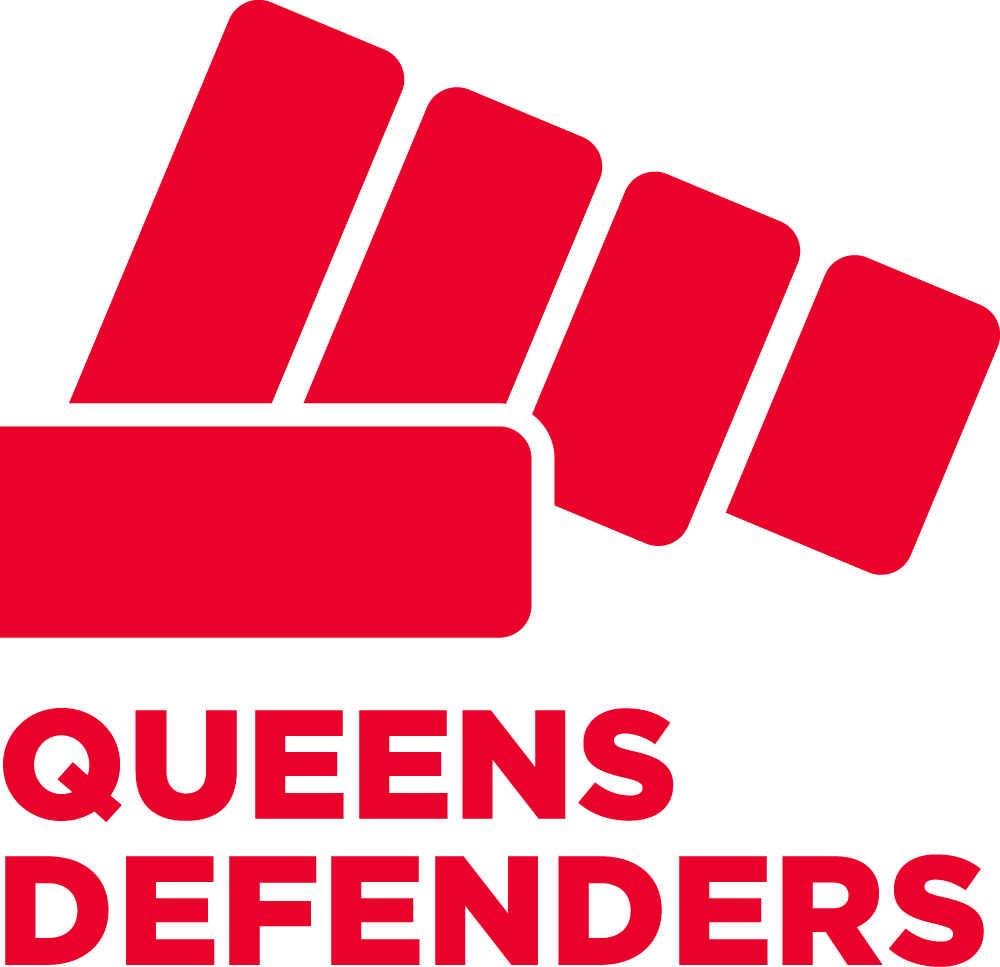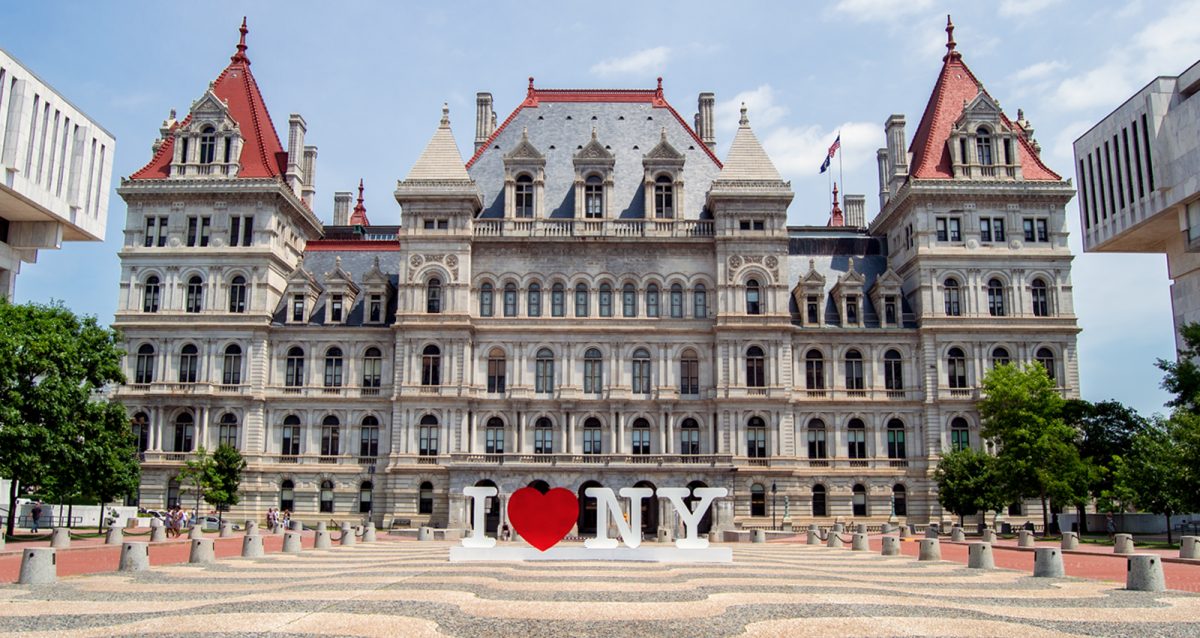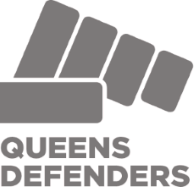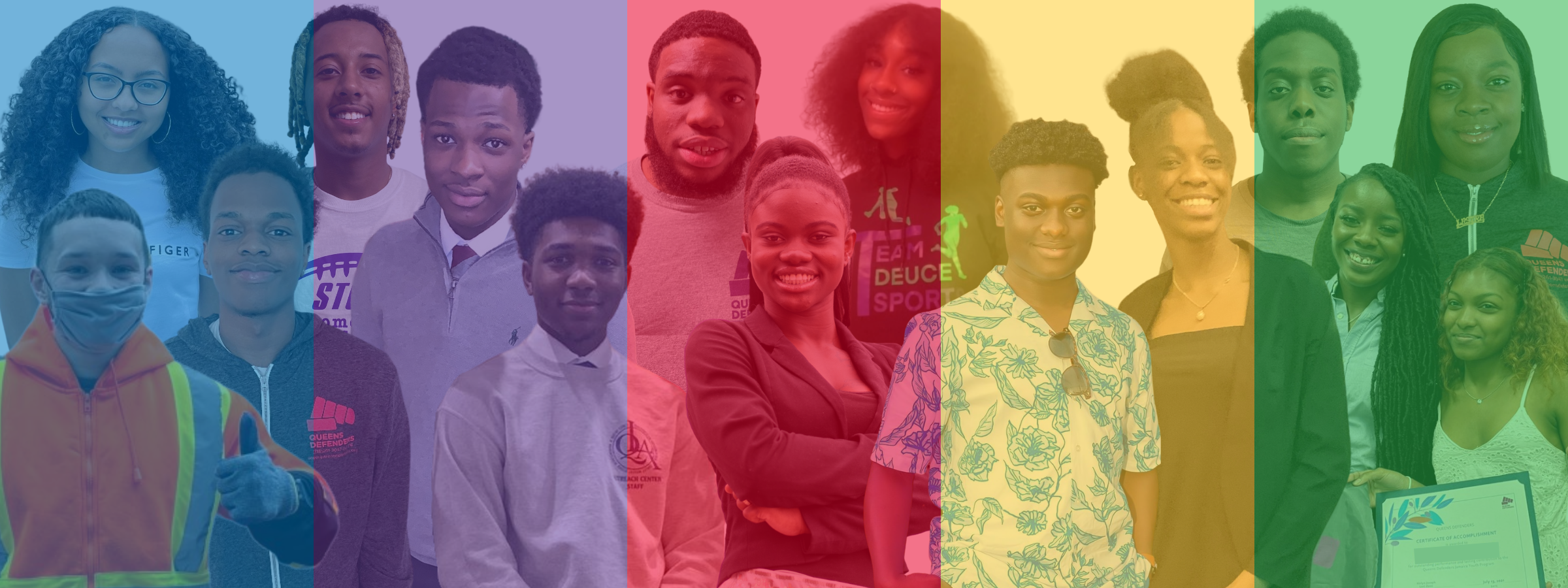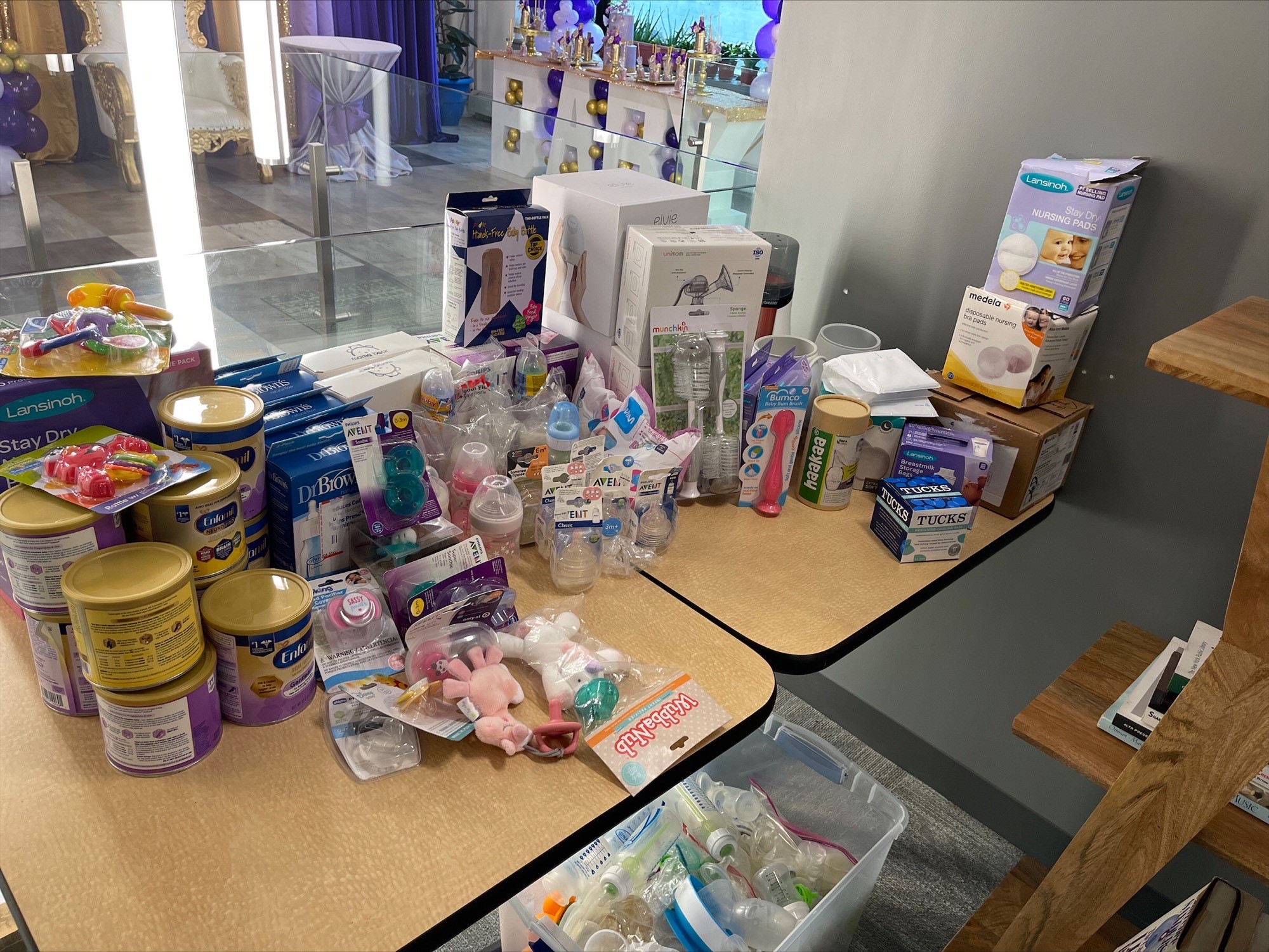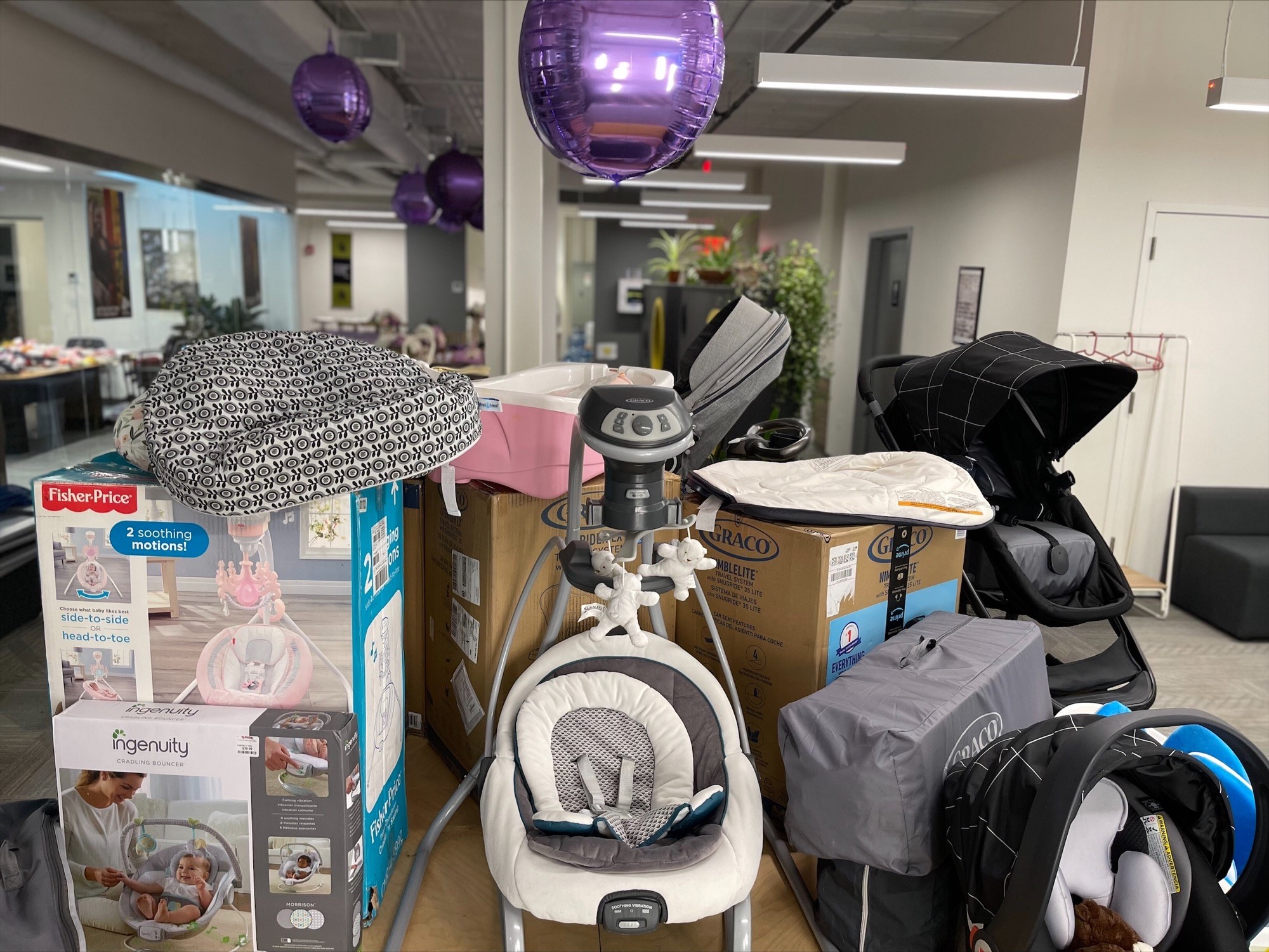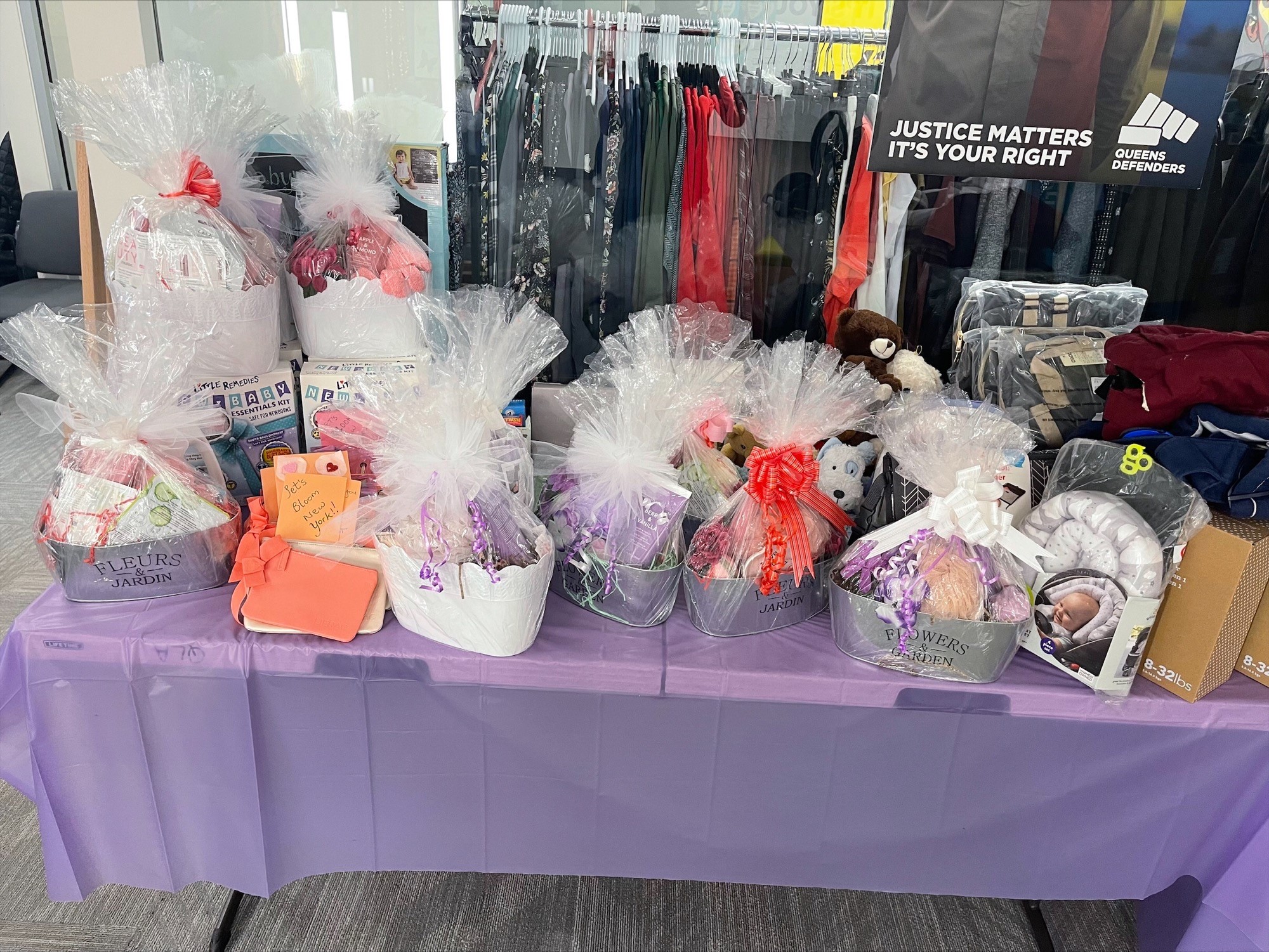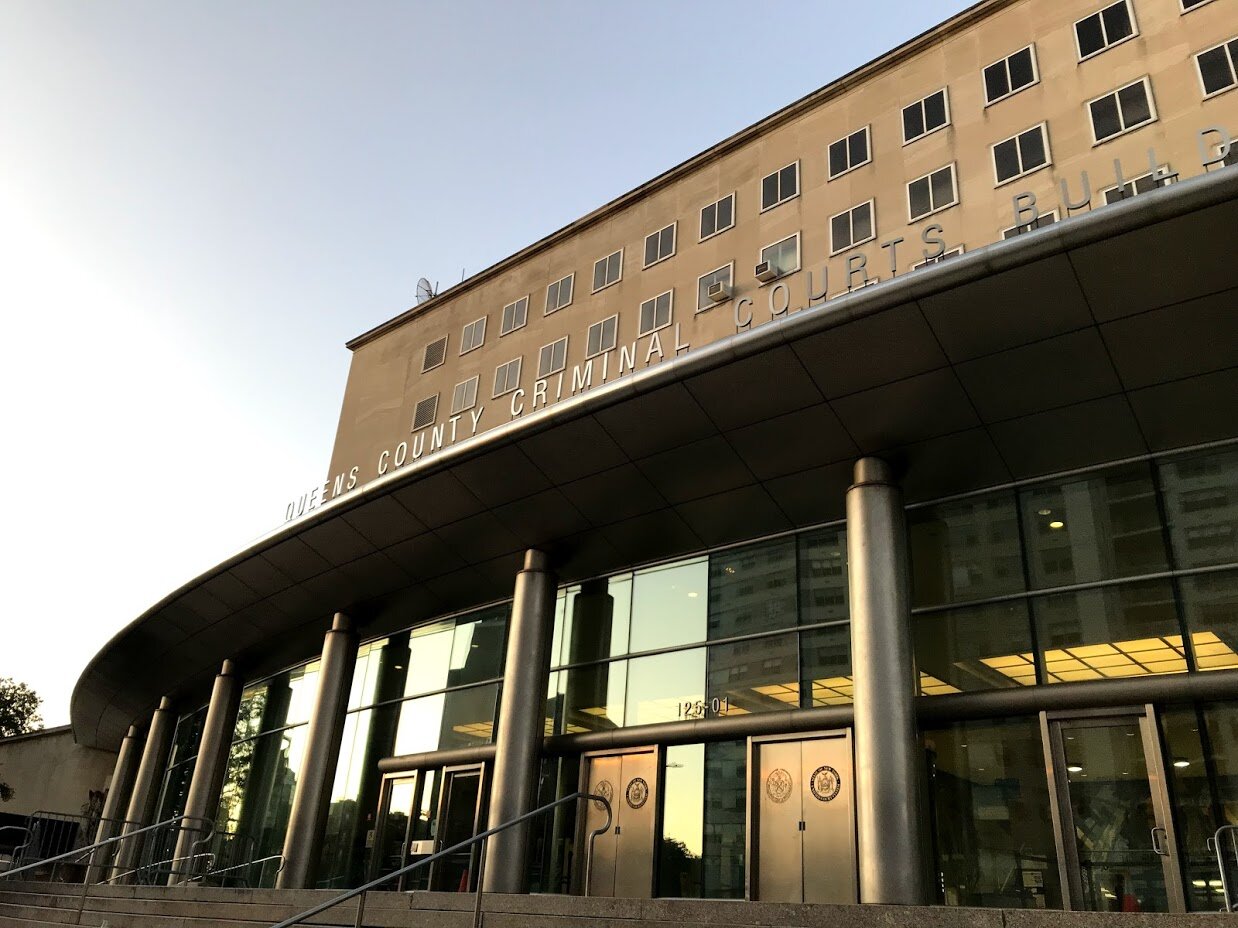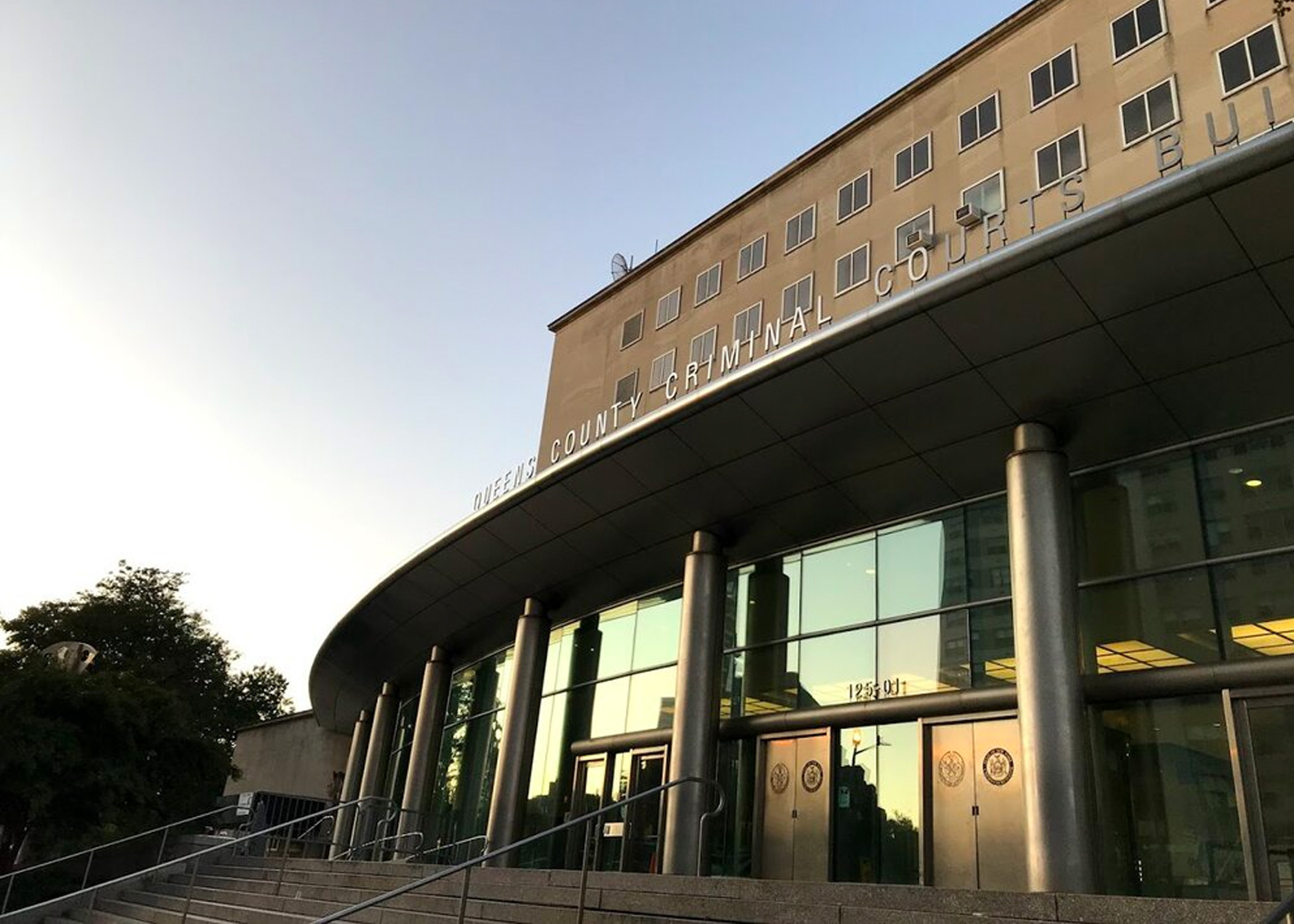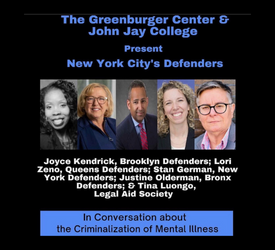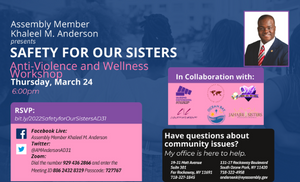Letter to Governor Hochul Calling for the Urgent Need for Cash Assistance Grant Increases
January 31, 2023
The Honorable Kathy Hochul
Governor of New York State
NYS State Capitol Building
Albany, NY 12224
Dear Governor Hochul:
We, the undersigned, write with an urgent request: that your administration include in your proposed budget (1) an increase in the amount of rent assistance made available to cash assistance recipients to reflect the actual cost of rent across New York State, and (2) an increase in the basic needs cash assistance allowance to reflect inflation. The current levels of these benefits – a key part of New York’s statutory safety net – have not been updated in decades. Each successive year that the state ignores its constitutional obligation to provide aid for those in need, New Yorkers are suffering in deep poverty, and, as a result, experience housing instability and homelessness, adverse health outcomes, poor long-term economic prospects, and a host of other negative collateral consequences. This is a problem that your administration has inherited, and we respectfully request that you address it this budget season. New Yorkers cannot wait.
Increase the Cash Assistance Shelter Allowance Amount to the HUD Fair Market Rent
The current cash assistance shelter amounts are so low that, aside from federally subsidized housing units with rents set at 30% of tenant income, there are literally zero habitable rental units priced at the level of the shelter allowance anywhere in New York State. For example, in Albany, the cash assistance shelter allowance for a family of three is $309. Data from the U.S. Department of Housing and Urban Development indicates that there are simply no apartments that meet basic housing quality standards in the private rental market for $309 in Albany County. HUD’s data and analysis for every county in New York States shows that there are no units in the private market at or even near the meager cash assistance shelter allowance.
The appropriate measure of housing costs in New York State is the U.S. Department of Housing and Urban Development’s Fair Market Rent, as your administration has recognized. In December 2021, you signed into law a bill that sets maximum subsidy levels at the HUD FMR for a subsection of cash assistance recipients (New York City families with children experiencing or at imminent risk of homelessness and who are eligible for a supplement called FHEPS). Your administration also used this standard last year when you approved limited funding for rental assistance set at 85% of the FMR for certain low-income households experiencing or at risk of homelessness.
Other state-funded rent subsidies available only cover a fraction of the cash assistance households who need help, and across the state, most waitlists for federally subsidized housing are closed and are years long.
New York State has a housing affordability crisis, and we appreciate your administration’s attention to this issue. However, any truly comprehensive statewide housing strategy must recognize that development of new affordable housing is not enough. Construction of new housing will take years, and even “affordable” housing funded with the State Low Income Housing Tax Credit program is out of reach for New Yorkers eligible for cash assistance. New Yorkers need assistance to pay for the housing that is currently available – and in many areas of New York State there are enough vacancies to meet the needs of low-income households – if only families had the resources to be able to pay the rent. Without increasing the shelter allowance, cash assistance recipients face chronic housing instability, living in substandard or overcrowded conditions, risking their health and welfare in unsafe living arrangements, falling behind on rent, getting evicted, or experiencing homelessness. The adverse health outcomes, lower educational attainment, and ability to improve long-term economic prospects for families experiencing housing instability due to the inadequacy of the cash assistance shelter allowance are beyond measure.
Increase the Cash Assistance Basic Needs Allowance
The basic needs allowance is designed to help people pay for necessities like clothing, diapers, hygiene products, over the counter medication, and transportation. But because the basic needs allowance has not been updated since 2011, and has never kept pace with inflation, it is woefully inadequate to cover these essential expenses. The utility supplement portions of the basic needs grant have also not been updated since they were established, in 1981 and 1986, respectively. The result is that a family of three with no other income is granted only $389 a month to meet their basic needs, including money for utilities. A single person anywhere in the State, including New York City, is expected to survive on $183 per month for their basic needs.
Increasing the maximum rent allowance for cash assistance recipients to the HUD FMR and increasing the basic needs allowance to keep pace with inflation will help lift affected New Yorkers out of deep poverty in every community comprising our great state.
Sincerely,
Empire Justice Center
Asian American Federation
Broadway Community, Inc.
Bronx Defenders
CAMBA, Inc.
Care for the Homeless
Catholic Charities Family and Community Services
Center for Elder Law & Justice
Center for Independence of the Disabled NY
City Bar Justice Center
Coalition for Homeless Youth
Corporation for Supportive Housing
Mary Lupien, Rochester City Council Vice President
Lurden Corona
Community Service Society of NY
Community Voices Heard
Citizens’ Committee for Children of NY
Kadisha Davis
Disability Rights New York
Enterprise Community Partners, Inc.
Erie County Bar Association Volunteer Lawyers Project
FPWA
Henry Street Settlement
Housing Works, Inc.
Homeless Services United
Hunger Free America
Interfaith Assembly on Homelessness and Housing
Ibero-American Action League
Journey’s End Refugee Services
Vicki Lens, Professor, Silberman School of Social Work, Hunter College
Mobilization for Justice, Inc.
The Legal Aid Society
Just Cause
Legal Services of Central New York, Inc.
Make the Road New York
Miguel Melendez, Rochester City Council President
National Center on Law and Economic Justice
Neighborhood Defender Service of Harlem
New Destiny Housing Corporation
New York Legal Assistance Group
Northern Manhattan Improvement Corp.
Queens County Bar Association Volunteer Lawyers
Queens Defenders
RiseBoro Community Partnership
Robin Hood
Rochester Housing Authority
Rochester Monroe Anti-Poverty Initiative (RMAPI)
Rural Law Center of New York
Safe Horizon
Sanctuary for Families
Schuyler Center for Analysis and Advocacy
Settlement Housing Fund, Inc.
The Children’s Agenda
The Family Center
The Legal Aid Society of Rochester
United Neighborhood Houses
Urban Justice Center – Safety Net Project
Urban Justice Center – Safety Net Activists
Urban Pathways
VOCAL-NY
Volunteer Lawyers Project of CNY, Inc.
Volunteers of Legal Service (VOLS)
Welfare Rights Initiative
WIN
Queens Defenders & NYS Assembly Member Khaleel Anderson Break Ground on the Queens Defenders’ Emergency Distribution Center for Far Rockaway
**FOR IMMEDIATE RELEASE**
Queens Defenders & NYS Assembly Member Khaleel Anderson Break Ground on the Queens Defenders’ Emergency Distribution Center for Far Rockaway
To honor the 10th anniversary of Hurricane Sandy, Assembly Member Anderson provides funding to Queens Defenders for the renovation of the Queens Defenders Emergency Distribution Center in Far Rockaway.
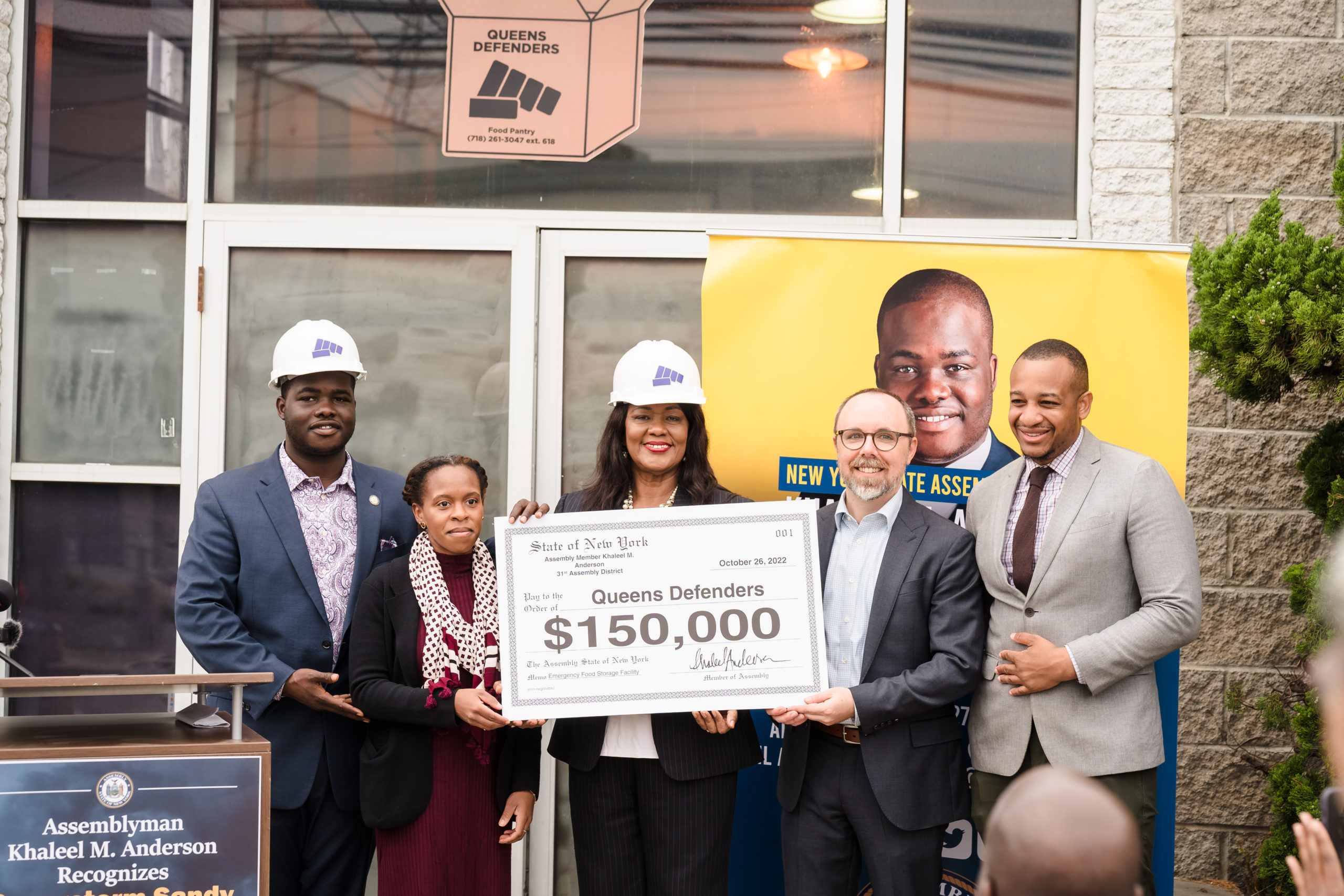
October 26th, 2022 – (FAR ROCKAWAY) – Today, in honor of the tenth anniversary of Hurricane Sandy, Queens Defenders and New York State Assembly Member Anderson broke ground on renovations to the Queens Defenders Emergency Distribution Center thanks to funding provided by the Assembly Member. This funding of $150,000 was generously provided through the Dormitory Authority of the State of New York’s (DASNY) Community Capital Assistance Program and is part of Assembly Member’s dedication to expanding emergency provisions throughout Far Rockaway to safeguard against future emergencies such as Hurricane Sandy.
In the aftermath of Hurricane Sandy, Far Rockaway residents were hit the hardest. They faced massive flooding, prolonged disruptions in utilities, and difficulty accessing food, water, and gasoline, and they experienced significant structural barriers to the distribution of emergency supplies. The Queens Defenders Emergency Distribution Center is located directly on the evacuation route and in an area that will experience limited flooding. With this Distribution Center, Assembly Member Anderson is ensuring that Far Rockaway is prepared for the next storm.
Today’s event was attended by Queens Defenders staff that work directly with the Warehouse and partners of the Queens Defenders Food Pantry including Gabrielle Mosquera, Deputy Director of Teens for Food Justice; Dr. Melony Samuels Founder & Executive Director of Campaign Against Hunger, and others. Before hearing from Assembly Member Anderson an introduction was given by Hettie Powell, Queens Defenders’ Managing Director, and Brian Schatz, Queens Defenders’ Director of Community-Based Initiatives & External Affairs, who expressed the organization’s gratitude to the Assembly Member and commitment to serving the Far Rockaway community. Those in attendance also heard from staff who work with the Queens Defenders Food Pantry & Domestic Violence services, who shared stories of clients and community members who depend on these impactful programs.
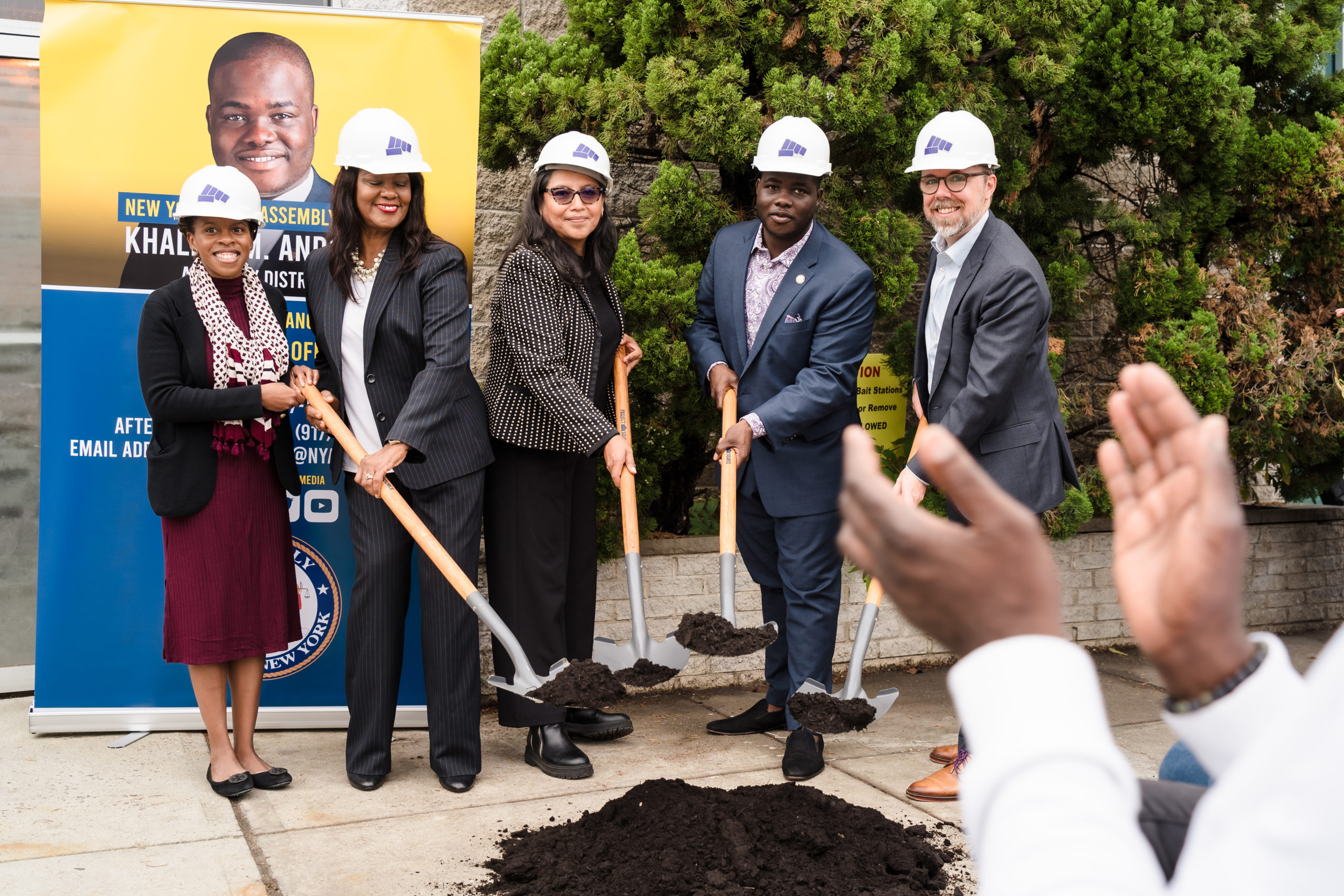
Queens Defenders’ Managing Director Hettie Powell stated, “On behalf of Queens Defenders leadership, board of directors, staff, and especially the individuals we serve every day, we offer our heartfelt thanks and gratitude to the Assembly Member for his partnership, leadership, and commitment to the residents of Queens, and we look forward to working with your office to address food insecurity throughout the Rockaways. When he first learned about our Food Justice initiative, the Assembly Member brought his trademark enthusiasm, energy, and solutions-focused mindset to address infrastructure needs of the communities he represents. A leading voice in addressing issues of food insecurity and disaster preparedness, Assembly Member Anderson’s commitment to these important issues is evident in his advocacy and diligence in directing state resources to the 31st Assembly District.”
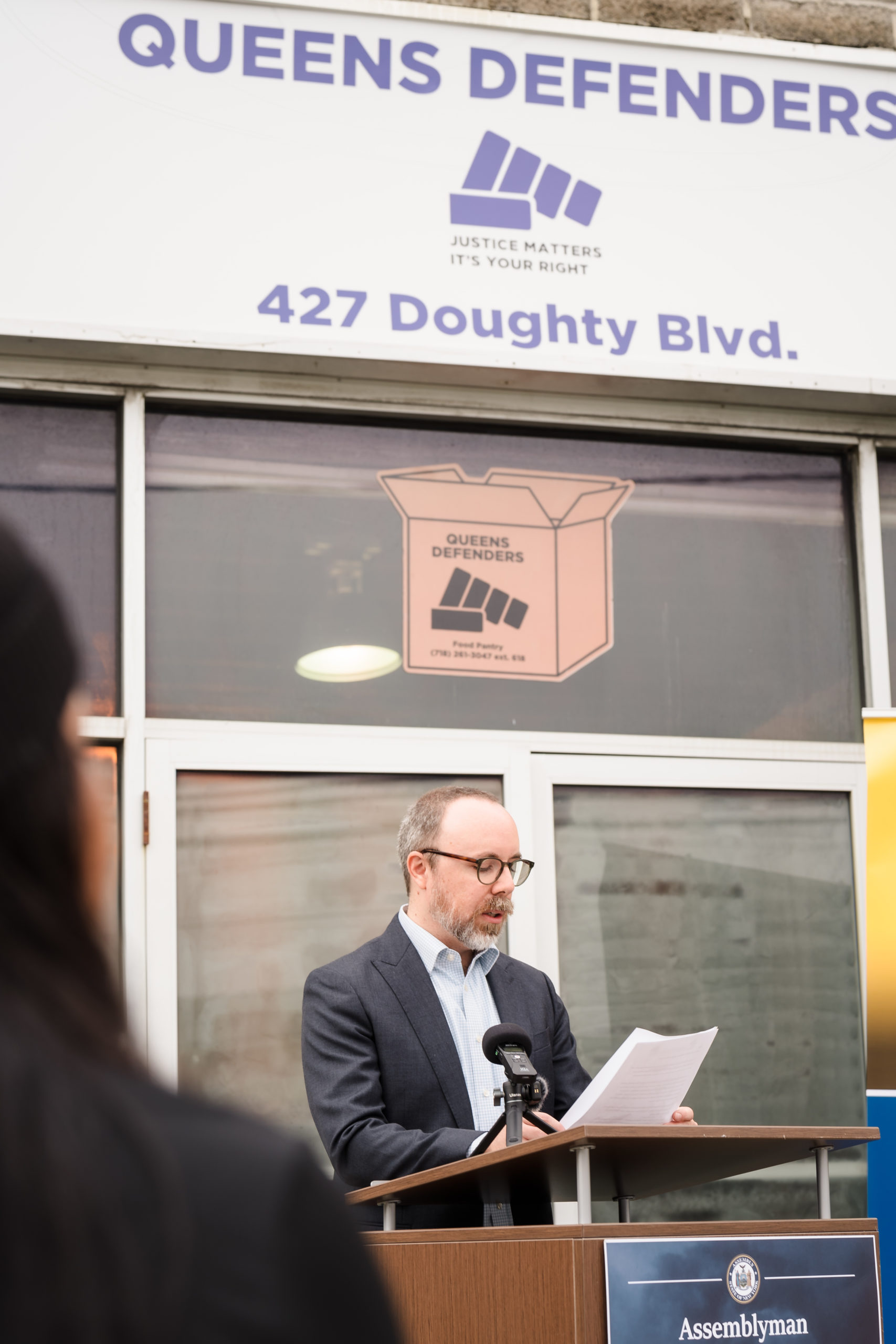
Queens Defenders’ Director of Community-Based Initiatives & External Affairs Brian Schatz spoke on the impact of the program to the Far Rockaway community by stating, “In 2020 Queens Defenders began our food justice initiative in direct response to our clients’ needs during the unprecedented COVID-19 Pandemic. What began as a way to serve our clients quickly turned into a critically needed resource for the community and our partners stepped up to support this effort. Partnerships were formed with The Food Bank for New York, The Campaign Against Hunger, 9 Million Reasons, Urban Upbound, Teens for Food Justice, and Sister Denean Ferguson. Our partners in elected office took notice and began directing resources: Assembly Member Khlaeel Anderson, New York City Council Member Selvena Brooks-Powers, State Senator James Sanders, Jr., and Queens Borough President Donovan Richards. And the work attracted the attention of supporters who contributed to this effort with grants and gifts: Atul Kothari from The Ask Kothari Foundation and JEWELEX, The Hyde and Watson Foundation, The New York Bar Foundation, The Pickman Foundation and Whitehall Terrace, and hundreds of Queens Defenders staff and individual donors contributed to ensuring that the individuals and families we serve have access to healthy food and essential supplies.”
“I am proud to announce a historic $150,000 investment for the Queens Defenders Emergency Food Storage Facility that will provide critical food service to the low-income and working-class families of Far Rockaway and Southeast Queens,” said Assembly Member Khaleel M. Anderson. “Superstorm Sandy and the COVID-19 pandemic exposed the logistical struggles and challenges in delivering essential services like food throughout the Rockaways. This capital funding will support the procurement of refrigerated vehicles, forklifts, food storage containers and shelving, food prep and food box assembly areas, a commercial dishwasher, and stainless-steel sinks and workspaces. The construction and rehabilitation of this emergency food storage facility will help eliminate food disparities and bottlenecks. Moreover, the strategic location of this warehouse in Inwood, which is just off of the Rockaway peninsula, should help facilitate more safe and efficient transportation of food not if but when the next emergency happens. As we work together with partners to expand and fortify food infrastructure and delivery systems, our goal must be to develop a self-sufficient and food-sovereign community. We have to stay ready, so we do not have to get ready.”
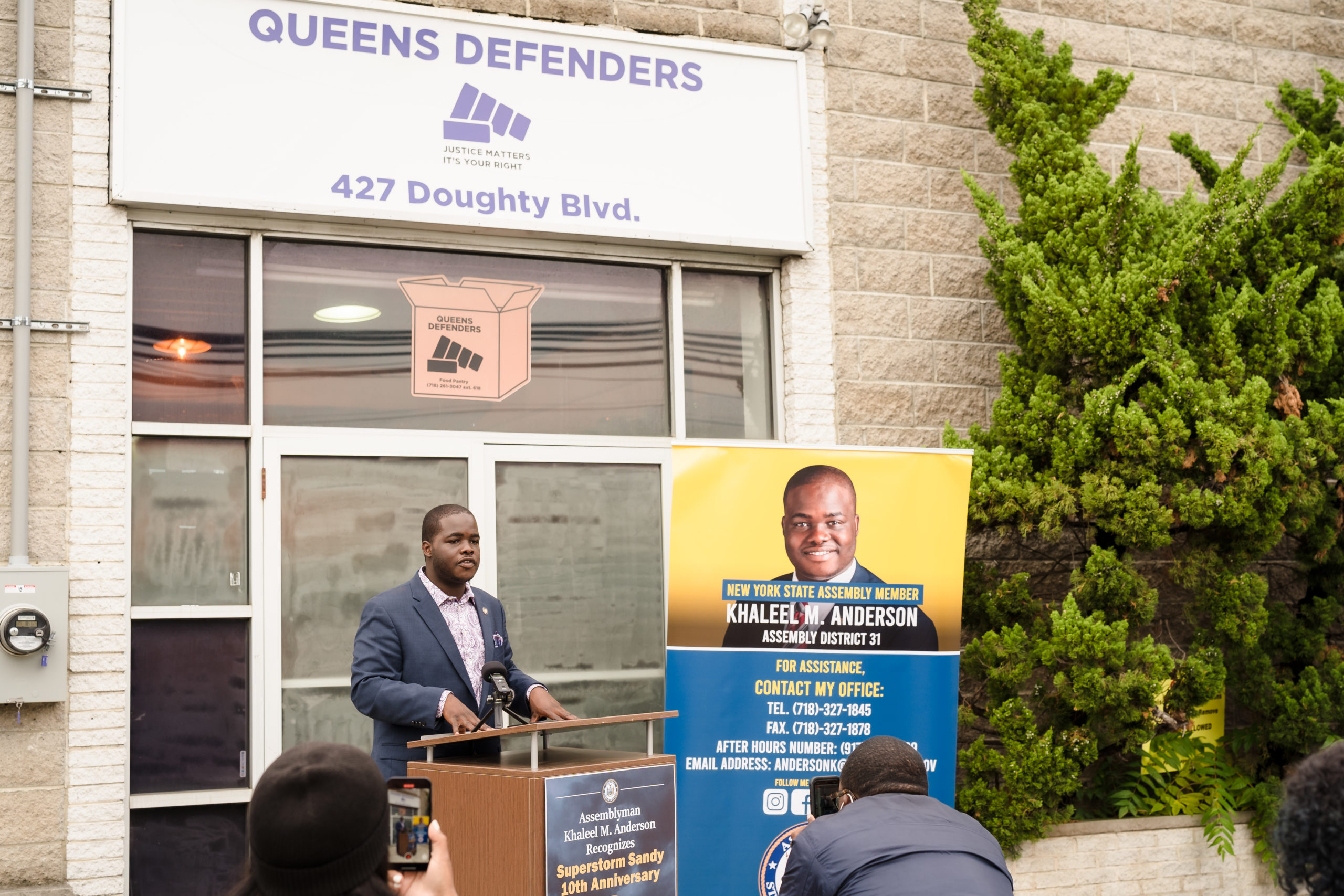
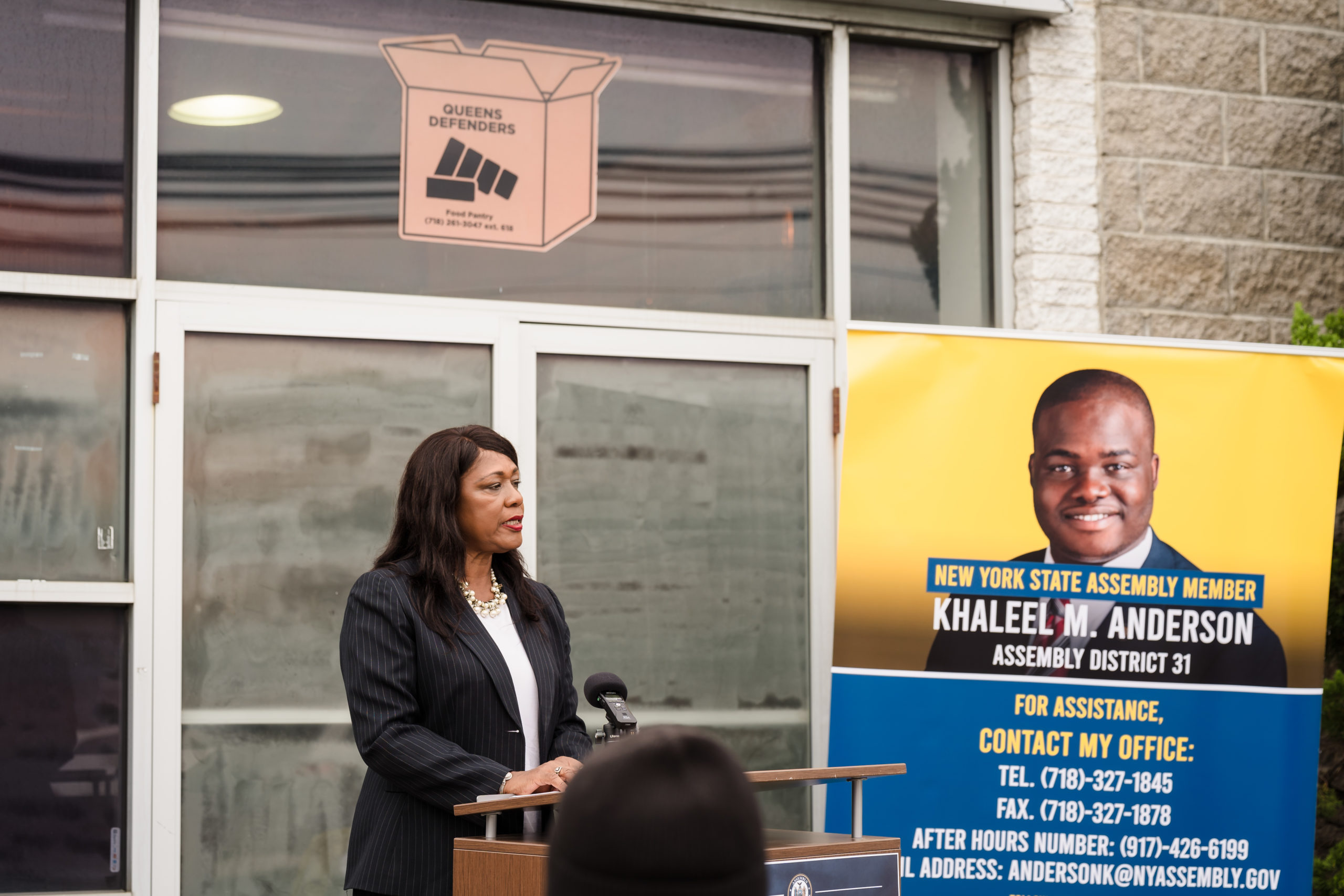
Renovations on the warehouse are already in progress and will include a loading zone, a small office, and main area alterations to accommodate for the pallets of food provided by Queens Defenders Food Pantry partners, emergency PPE, and clothing provided by Delivering Good as well as other partners. The warehouse is scheduled to open in the Spring of 2023 with the public access being by appointment only through the Rockaway Community Justice Center.
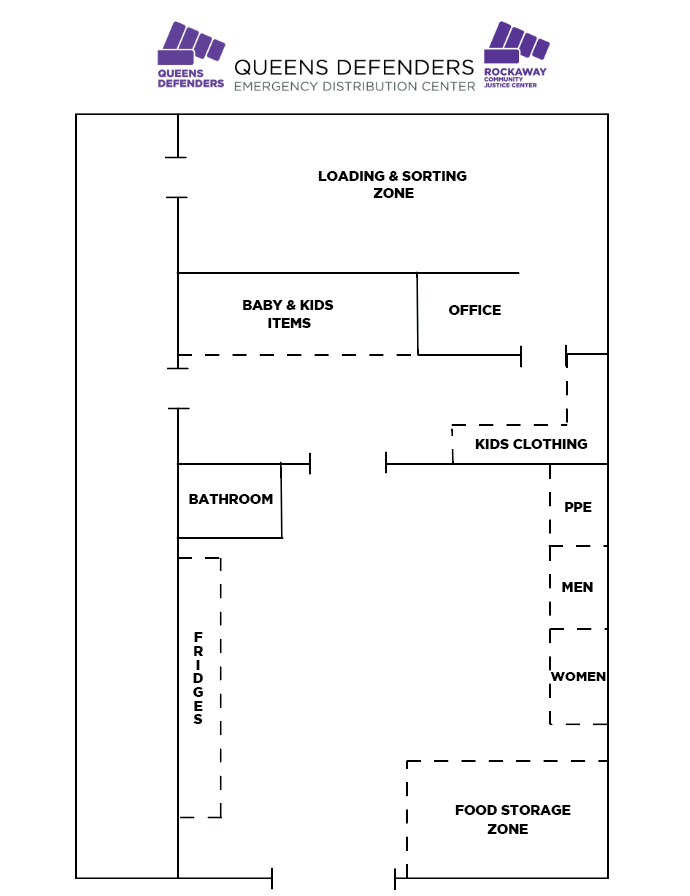
Photos from this event can be found here and the full video of this event can be received upon request; for an interview or to request more information please reach out to Alora Sherbert at press@queensdefenders.org
ABOUT QUEENS DEFENDERS:
Queens Defenders provides free, high-quality legal representation to individuals living in Queens County. Since 1996, Queens Defenders’ highly skilled attorneys have represented over 450,000 Queens residents and handle major trials and homicides, work with clients involved in Queens treatment courts, and represent cases involving domestic violence, youth charged with felonies, and immigrants facing criminal charges. Queens Defenders’ dedication to their clients and community goes beyond the courtroom with their expansive support programs for both adults and youth spreading throughout the borough. In response to the COVID-19 pandemic, the organization started the Queens Defenders Food Pantry first servicing a small group of clients and their families, but rapidly expanding to thousands served through weekly distributions in both Far Rockaway and Jamaica.
Learn more about our programs and work at queensdefenders.org
Spending the Summer at the Rockaway Community Justice Center
Local Far Rockaway youth joined Queens Defenders’ Youth Ambassadors program learning valuable lessons about themselves and giving back to their community.
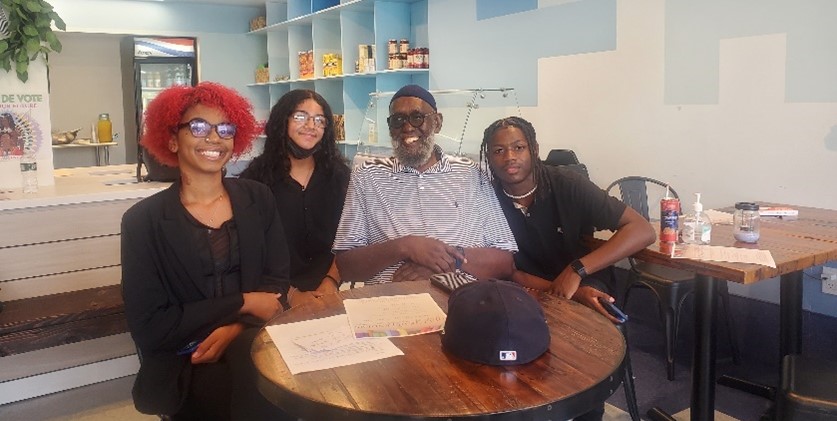
This summer, the Rockaway Community Justice Center welcomed five local Far Rockaway youth to be the inaugural cohort in the Queens Defenders Youth Ambassadors program. This summer program was an opportunity for these remarkable young people to develop skills, gain work experience, and explore a personal community-focused project. Each youth Ambassador worked closely with our team to give back to their community, develop their personal project, and ultimately present their idea at a culmination event at the end of the summer.
Over the course of the summer, the Youth Ambassadors gained experience working in an office, participating in community workshops, distributing food each week through the Queens Defenders Food Pantry, and assisting with community events. The Youth Ambassadors were also able to take part in the Queens Defenders Youth Justice Court at the Queens Public Library.
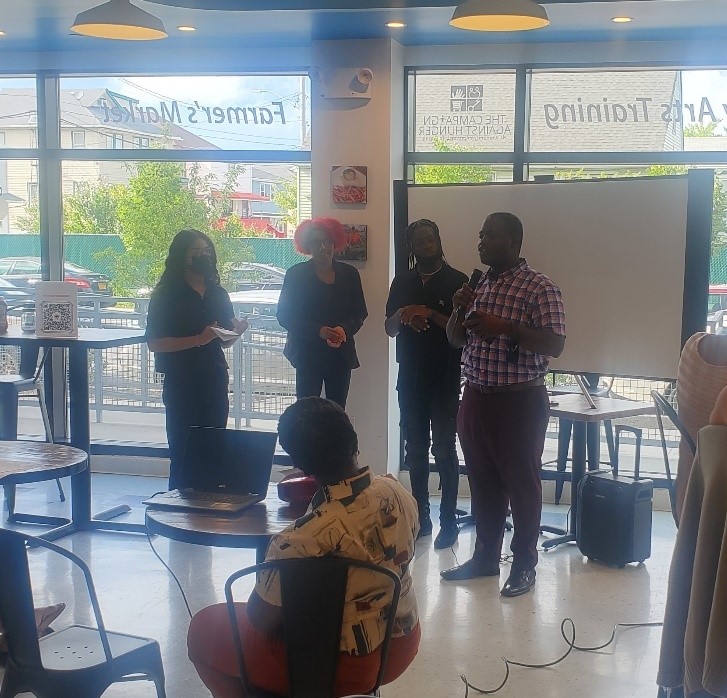
Each Ambassador’s individual passion project was focused on a sociopolitical topic of their choosing that would benefit their community. The projects were focused on immigration, social emotional literacy, college prep, women’s empowerment, and expanding black history in schools.
Brianna Brunson, the Rockaway Community Justice Center Administrator and Coordinator for the program, stated, “The Youth Ambassadors brought so much positive energy, thoughtful discussion, and innovation to the Rockaway Community Justice Center this summer. The community-focused work they were able to accomplish here is truly a testament to the value of investing in our young people, and I’m excited to nurture this program for years to come.”
On August 22nd, the Youth Ambassadors were joined by community leaders, elected officials and other supporters at Beach Dunes Eats & Arts where they presented their projects and shared how they could help people across the Borough. In addition to the Queens Defenders youth program team, the Youth Ambassadors spent time discussing their work with New York State Assembly Member Khaleel Anderson, Stuart Post, the Executive Director of the Meringoff Family Foundation, Vanessa Caesar, Director of Scheduling and Events from the office of District 31 Council Member Selvina Brooks-Powers, Colleen Babb, Executive Assistant District Attorney of the Community Partnerships Division from the Office of Queens District Attorney Melinda Katz, and other friends, family, and community stakeholders.
Meikha saw a need at his school when it came to the counselor to student ratio for high school students preparing to go into college. To fill this need, and for his passion project, he created a college prep website where students can have the hands on help a counselor may have provided including – taking a quiz to find their perfect school, links to resources about financing, and advocating for HBCU’s.
Students and parents can look through Meikha’s resource guide here!
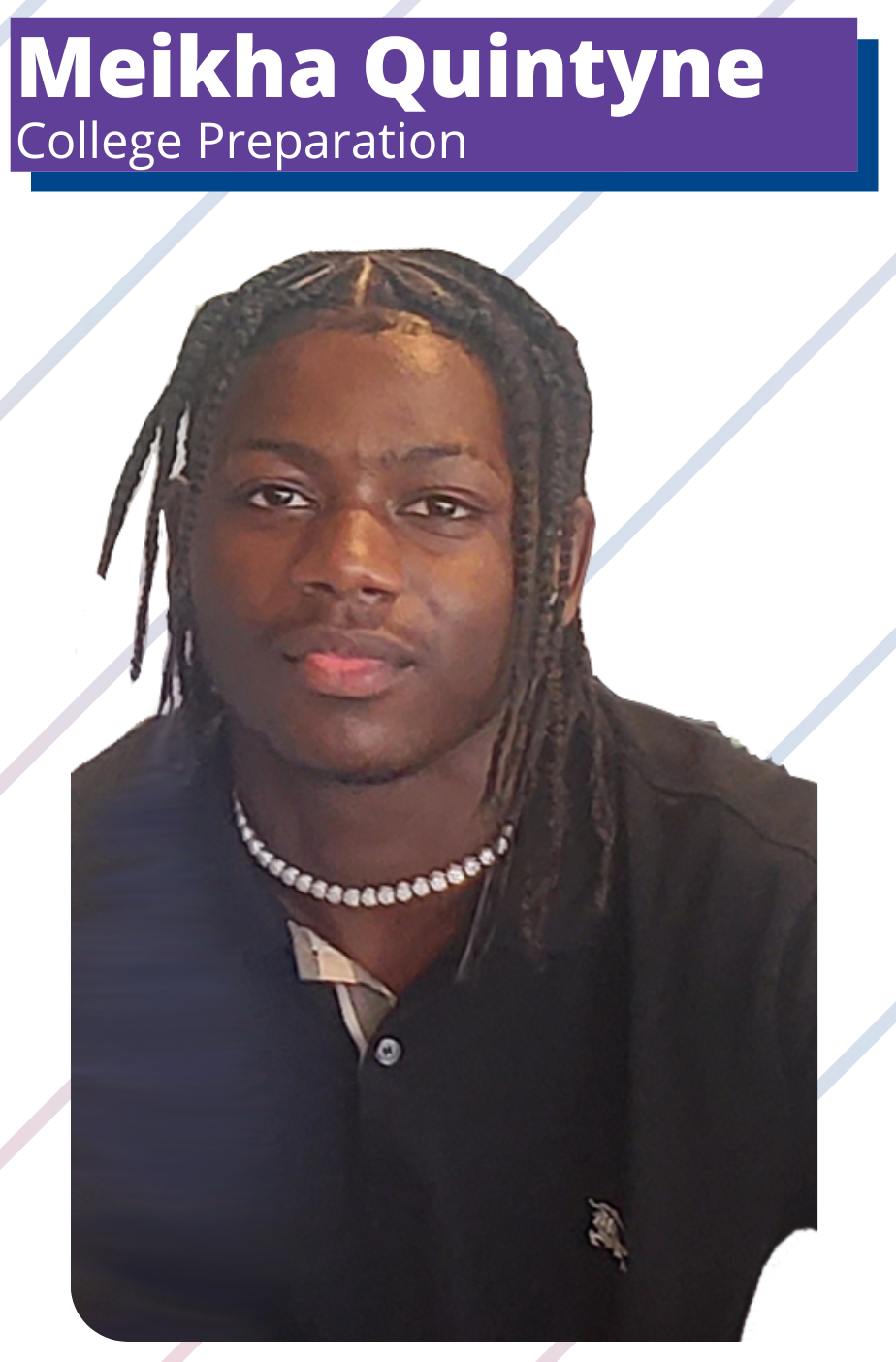
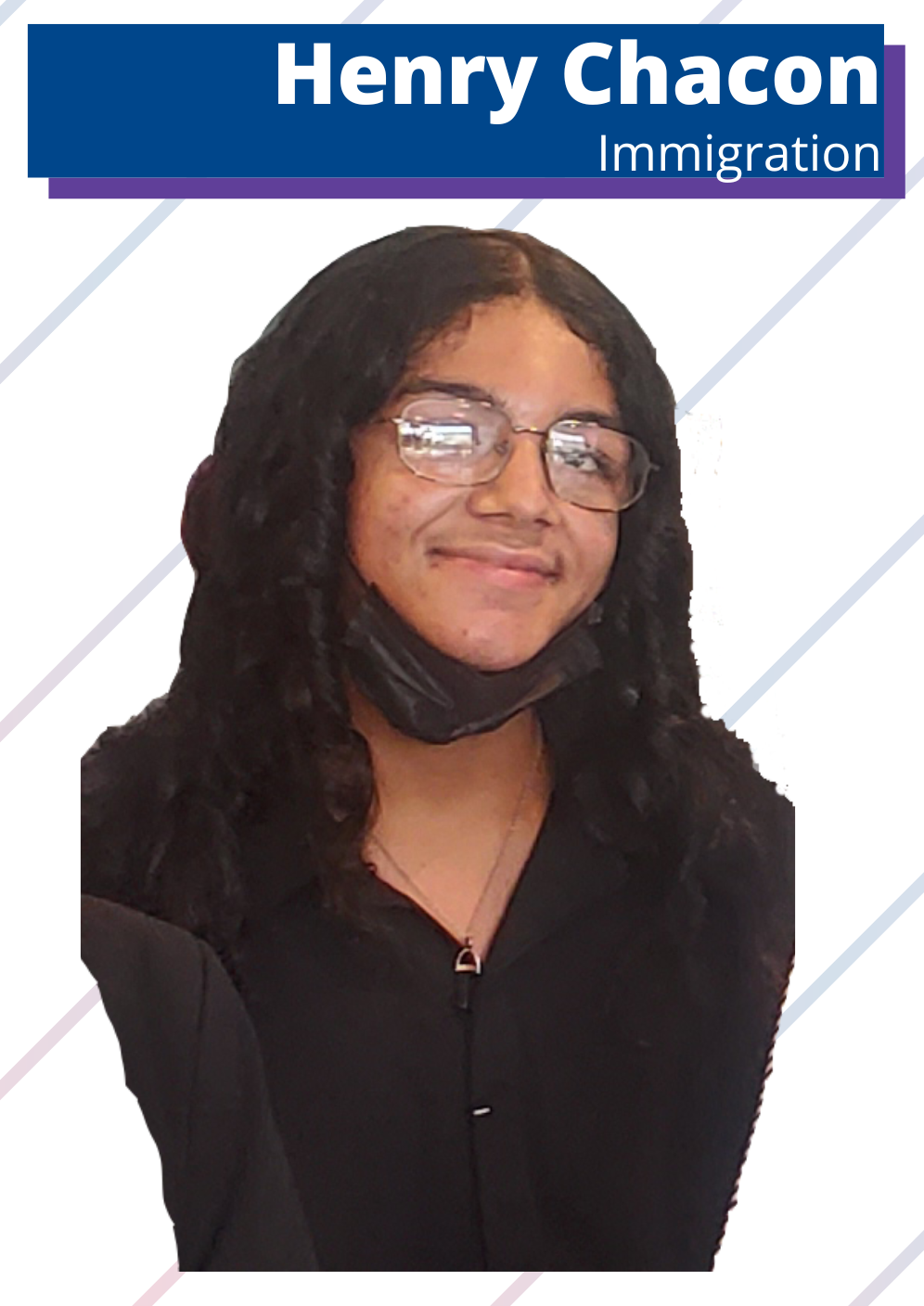
For his passion project, Henry decided to put together a pamphlet of resources for undocumented individuals to avoid the frequent scams when trying to navigate the immigration system in the United States. Henry was invested in this topic as they watched their family experience these numerous scams firsthand.
Look at Henry’s Immigration resource pamphlet here!
Josette’s passion project pushes everyone to feel empowered through make-up and entrepreneurship. Josette, owner of her own lash business No Mistakes Beauty, she wanted to share her love of make-up with others and empowering individuals to take charge of their own person. She now does workshops for people to come and learn make-up tips.
Check out Josette’s tips in the presentation shared at the Youth Ambassador Showcase found here.
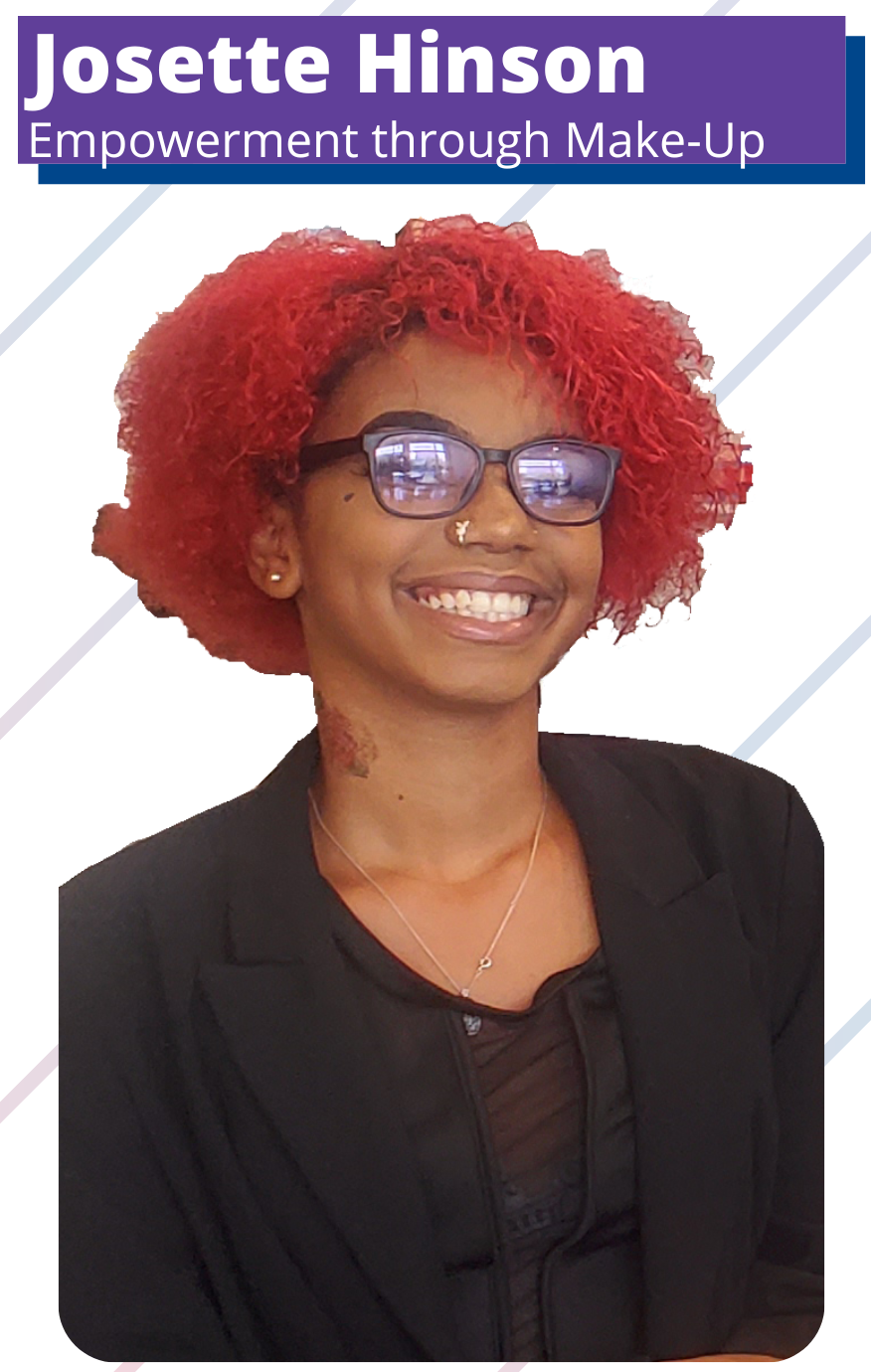

As an aspiring youth psychologist, Brianny’s passion project was to create a guidebook for parents to better understand how to promote emotional literacy in their kids. Brianny is determined to go forth with this career path and is eager to help youth connect with themselves.
Families looking to read through Brianny’s guidebook can do so here!
When it came to teaching black history Shadae kept seeing gaps in her school’s curriculum and decided to address them with her passion project!
She put together a way for students to petition their schools for more black studies in the K-12 curriculum as a required class. Shadae already put this in progress for the next year at her school, New Visions Academy, thanks to the Black Student Union that she organized.

Brandon Jeffries, Director of Youth Services notes, “We were so privileged to host this incredible group of aspirational young people this summer. We couldn’t be prouder of Henry, Josette, Meikha, Brianny, and Shadae for their commitment, dedication to their communities, tireless efforts, and the excellent presentations they delivered. We are confident their hard work will have a tremendous impact.”
Queens Defenders Promotes Brian Schatz to Director of Community-Based Initiatives & External Affairs
This newly created role supports the organization’s commitment to offering a wide array of community-based programs supporting Queens residents and youth who are justice involved.

Forest Hills, August 19, 2022 – Queens Defenders is pleased to announce the promotion of Brian Schatz to the newly created role of Director of Community-Based Initiatives & External Affairs. Incorporating the responsibilities under his previous role of Director of Development & Communications, Mr. Schatz will now oversee an expansive portfolio of community-based initiatives serving justice-involved Queens residents including: The Rockaway Community Justice Center, the Food Justice Initiative, Housing Support Services, Domestic Violence Support Programs, Youth Support Programs, and others.
In this role, Mr. Schatz will lead an established program team in designing and implementing high-quality programs, ensuring quality and positive outcomes, and increase Queens Defenders’ profile throughout the borough, city, and with funders and supporters across the country as a trailblazing legal and social services organization.
“We are thrilled to have Brian spearhead our community-based programs and ensure they reflect our commitment to excellence,” stated Lori Zeno, Executive Director of Queens Defenders. “With his extensive experience in nonprofit leadership and management, commitment to his team members and most importantly the individuals we serve, we are confident he will effectively steward our robust youth and adult programs and broaden their impact throughout the communities we serve.”
Brian Schatz brings over 16 years of nonprofit leadership and management experience to this new role. Prior to joining Queens Defenders, he served as Chief Development Officer for Row New York, and has worked in fundraising and communications roles at the New York Hall of Science, the Child Mind Institute, The Center for New York City Affairs at The New School, and New Alternatives for Children. He holds a Master of Social Work from Widener University’s Center for Social Work Education and a Master of Public Administration from CUNY Baruch College’s Austin W. Marxe School of Public and International Affairs. Brian is an adjunct instructor in Adelphi University’s Ruth S. Ammon College of Education and Health Science and has presented on fundraising, communications, and program evaluation at the Adelphi University Center for Nonprofit Leadership and Nonprofit New York’s Best Nonprofit Conference.
###
Celebrating Survivors Every Day - DOVE Survivors Baby Shower
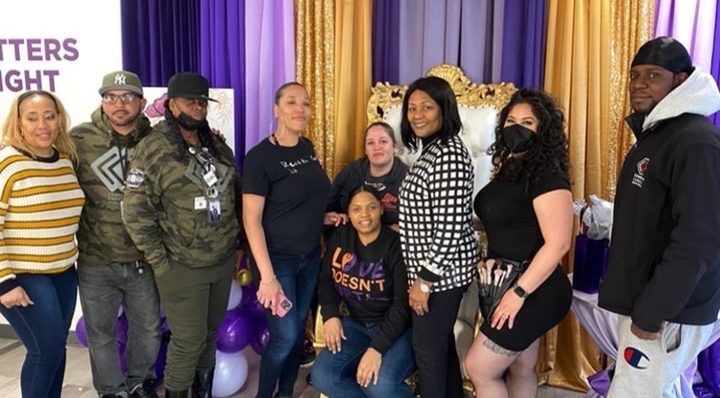
On May 7th, Queens Defenders, in partnership with Returning Hope and Black Families Love and Unite, held a “Survivor Baby Shower” for survivors of gender-based violence who will be welcoming new babies in the coming weeks and months. Dozens of expecting mothers and their families came to the Queens Defenders Jamaica Justice Center to be celebrated and showered with gifts.

The guests of honor were treated to a day of pampering and camaraderie where they heard from guest speakers, participated in photo shoots, and enjoyed a catered lunch provided by Voices of Women and Patty’s Kitchen. Each guest received one-on-one sessions with Shakira the Baby Nurse, doula Charline O, and they received a make-over from Natalia from NYC Glow Getters. The event concluded with a beautiful customized red velvet cake for all the attendees to enjoy.
Every mom-to-be was provided with a stroller and one other larger item – such as a bassinet or swing – as well as packs of diapers and wipes, and other essential baby supplies. And they also received gift baskets in celebration of Mother’s Day and a brand-new breast pump. We’re grateful to our generous donors who made this event possible including Evelyn Ortiz, Lisa De Filipio, Carlotta Peters & The Pay It Forward Family, We Got To Stop, Youth Referral and Placement Unit, Inc (YRPU), CCD, and 696 Build Queensbridge.
Marissa Bernowitz, Queens Defenders’ DOVE Coordinator and Angelina Rosado, the program’s Case Worker stated, “Providing a space for survivors to come together and know they are not alone is important. We couldn’t be prouder to surprise these soon-to-be mothers and Survivors with this event and gifts donated by our generous supporters. We will continue to fight for and support domestic and intimate partner violence Survivors throughout this borough with events like this.”
Funding for Queens Defenders’ Domestic Violence Programming is provided by SafeHorizon and New York City Council Member Selvena Brooks-Powers through the Domestic and Other Violence Emergencies (DOVE) Initiative.
Defenders, Legal Services Organizations, Currently Facing Dire Staffing, Operational Funding Needs, Call on Mayor Adams, Speaker Adams and City Council Members For Increased Resources in the Fiscal Year 2023 Budget

June 9, 2022
(NEW YORK, NY) – The Legal Aid Society, The Bronx Defenders, Neighborhood Defender Service of Harlem, New York County Defender Services, Brooklyn Defender Services, and Queens Defenders, among a number of organizations that provide constitutionally and/or legally required defense and civil legal services representation, called on Mayor Eric Adams, Speaker Adams, and City Council Members to prioritize fully funding the invaluable work of staff and the operational needs in the Fiscal Year 2023 budget.
City Hall made an extraordinary commitment to addressing the recruitment and retention issues in these offices in 2019 when it agreed to supplement existing program revenue with a “parity” supplement for the most junior attorneys at these organizations which brought them into parity with Corporation Counsel, attorneys who represent the City on legal matters. The City’s public announcement of funding to increase salaries for more junior staff in 2019 came with a commitment to continue to address the recruitment and retention issues for more senior staff over a “four-year full implementation plan.” However, the City never followed through on that commitment.
Moreover, year-over-year costs for rent, healthcare, salary and pension, technology, and other operating needs have continued to rise. At the same time that the City seeks to expand mandated legal services, it has not provided additional funding to account for these increased costs. For The Legal Aid Society alone, annual costs increase each year by at least 3 percent due to rising healthcare costs, collective bargaining increases and rent increases – requiring an allocation from the City of $10M for just Fiscal Year 2023.
Without additional funding, defender and legal services organizations have had to manage these cost increases by not replacing staff who leave and delaying essential investments critical to the safe and effective delivery of services to clients, such as technology. Neither the Corporation Counsel nor any City agency has had to make these trade-offs since their cost escalations are covered by the City separate from the operating dollars provided to each agency.
Beyond year-over-year cost increases, many of the defender and civil legal service providers’ contracts fall far short of covering the existing programmatic costs necessary to provide quality representation – including not only attorneys, but also legal supervision, paralegals, and other support. These shortfalls grew even larger after the justice-improving pretrial measures that were ushered into law in 2019, including discovery reform. However, these reforms have not come with the necessary funding to properly implement them, including the need for new technology and additional staffing. These funding constraints combined with delays in contract registration create major cash flow challenges.
This perpetual underfunding has contributed to a significant departure of staff from our organizations and widespread vacancies. According to internal data collected from the above organizations, attrition rates are double-digit, and in some cases up to roughly 25 percent, and many have reported increases in attrition of approximately 70 percent to more than 200 percent compared to last year. These defender organizations are on track to lose at least 348 staff for the current fiscal year ending June 30, 2022. And that does not include at least a dozen other civil legal services providers citywide that help with housing, immigration, consumer, employer, and other civil legal services.
Legal Aid alone, which currently employs roughly 2,000 people, has nearly 500 positions that need to be filled across the organization over the coming year, and other providers have identified similar vacancy rates.
The City’s rising cost of living, skyrocketing inflation, and burden of student loans will only exacerbate the hiring and retention issues being faced.
“Defender organizations play a critical role in ensuring our city’s justice system functions and the citizens of New York have equal access to high quality legal representation and crime-reducing community-based programs,” said Hettie Powell, Managing Director of Queens Defenders. “We encourage the City to demonstrate to its lowest-income citizens that it values their right to legal counsel as much as an over-funded police force and their own attorney staff.”
“A budget reflects values and priorities, and if City Hall values the critical role public defenders and civil legal services providers play in New York City, any agreed-upon budget must include funding to fully compensate staff and meet the operational demands of these organizations,” said Twyla Carter, Incoming Attorney-In-Chief and CEO of The Legal Aid Society. “Mayor Adams has talked a lot about how our justice system must fully function, emphasizing the needs of law enforcement, but we are a part of that system too, and when the scales of justice tilt towards one side, people suffer, and those New Yorkers are often some of our most vulnerable neighbors.”
“By failing to close the salary gap between City Attorneys and public defenders, the City is essentially putting its thumb on the scales of justice,” said Alice Fontier, Managing Director of Neighborhood Defender Service of Harlem. “As with so many other budget issues, low-income New Yorkers will bear the brunt of this continued economic shortfall.”
“Today, the City is failing the low-income people of the Bronx who rely on the legal and social support services of The Bronx Defenders. Our staff of 400 helps over 20,000 Bronx residents each year and reaches hundreds more through community intake and engagement. Our work has been proven to reduce evictions, incarceration rates, lengths of sentences, deportations and time in foster care,” said Justine Olderman, executive director of The Bronx Defenders. “But we can’t deliver high-quality holistic defense without full funding. The inability to provide our staff with competitive compensation coupled with the chronic underfunding of our work threatens our ability to serve those who need us most. The City must act now to ensure equal access to justice for all New Yorkers.”
“All New Yorkers deserve high-quality representation regardless of their ability to pay for an attorney,” said Lisa Schreibersdorf, Executive Director of Brooklyn Defender Services. “When the city budget underfunds and undervalues these critical services and Constitutionally-guaranteed rights, New Yorkers suffer. New York City must show that it values the work of public defenders fighting tirelessly to guarantee justice for their clients, by closing the pay parity gap and fully funding the staffing and operational needs of legal services organizations.”
“Legal services providers deliver life-changing support to thousands of New Yorkers every year. The increasing costs of essential expenses that keep our programs running threaten not only the wellbeing of our staff, but also the lives of our clients,” said Lisa Rivera, managing attorney and interim president and attorney-in-charge of New York Legal Assistance Group . “Full compensation from the City for our staffing and operational needs is crucial to the delivery of justice and protecting New Yorkers who face the steepest barriers to resources and support.”
“Civil legal services programs are being hit just as hard as the defender community,” said Raun Rasmussen, Executive Director of Legal Services NYC. “Our staff provides life-changing legal services for low-income New Yorkers, helping them keep their homes and stay out of shelters, find safety from domestic violence, get fully paid for low-wage work, and obtain green cards or citizenship after fleeing violence in their home countries, among other things. While the City pays us to provide these critical services, it’s never enough to cover costs which increase year after year while City funding remains stagnant. Unfortunately, this means fewer staff members each year to deliver these essential legal services. We need City funding that fully covers our costs so New Yorkers in need can get the justice they deserve.”
“Defender organizations provide critical support for the most vulnerable among us,” said Michele Cortese, Executive Director of the Center for Family Representation , which has represented over 12,000 parents at risk of losing their children to the foster system and youth at risk of incarceration in Manhattan and Queens. “The chronic underfunding of our work not only impacts our staff, but also has a disproportionately negative impact on low-income families and communities of color. If the City is to live into its values of racial justice and supporting the most vulnerable New Yorkers, it must close the pay parity gap between City attorneys and public defenders, and ensure that all our organizations are sustainable.”
###
NYC Public Defenders Letter of Priorities for Remainder of Legislative Session on Criminal Legal System Reform

April 26th, 2022
Hon. Kathy Hochul
Governor of New York State
NYS State Capitol Building
Albany, NY 12224
Hon. Andrea Stewart-Cousins
Democratic Leader, New York State Senate
188 State Street
LOB – Room 907
Albany, NY 12247
Hon. Carl Heastie
Speaker, New York State Assembly
New York State Capitol Room 349
Albany, NY 12247
Re: NYC Public Defenders Priorities for Remainder of Legislative Session on Criminal Legal System Reform
Dear Governor Hochul, Majority Leader Stewart-Cousins, and Speaker Heastie:
As New York City’s primary public defense organizations, we again write to share our criminal legal system reform priorities for the remainder of the 2022 legislative session. The budget process was consumed by discussions of changes to discovery, bail and mental health protections, but much work remains to thoughtfully address the entrenched failings of the criminal legal system and its wide-ranging consequences.
Since we last wrote on December 16th, 2021, the conditions on Rikers Island have continued to deteriorate. After the inexcusable deaths of 16 people detained at Rikers facilities in 2021, three additional people have perished in the squalid conditions, all presumed innocent and unable to make bail at the time of their death. In mid-March, the federal monitor appointed to oversee Rikers found that the jail continued to be “unstable and unsafe” and by mid-April the US Attorney in Manhattan threatened to place federal control via a receivership.
While we recognize the political pressure to address the perceived rise in crime, we know that the most effective method to increase public safety remains creating and funding the conditions in which individuals can thrive. As the Governor herself has made clear, there is no data suggesting that bail reform is responsible for the rise of violent crime in American cities. We were disheartened to watch additional rollbacks made to the hard-fought reforms pass through the state budget process, despite the overwhelming evidence that these short-lived reforms have been a success. In the remaining weeks of the legislative session, we urge you to turn your attention to bills that will address many of the root causes that lead to criminal system involvement, not simply increase jailing and incarceration, and that will create safer communities.
We commend you on restoring New York’s Tuition Assistance Program (TAP) resources and the funding for a fully staffed parole board, as well as ending the imposition of parole supervision fees. But much remains to be done. We urge you to continue the crucial work of reducing New York’s incarcerated population and investing in our communities by swiftly passing and signing the following proposed legislation this legislative session
The full letter of 2022 Legislative Priorities can be found here.
Statewide Family Defense Advocates Lay Out Legislative Agenda for 2022
Defenders Call on Albany to Shrink the State’s Foster System, Deepen Support for New York Families, and Increase Funding for Family Defense
(New York, NY) – In a recently issued letter, 21 family defense organizations representing thousands of parents across New York State in Family Court called on Governor Kathy Hochul, Senate Majority Leader Andrea Stewart-Cousins, and Assembly Speaker Carl Heastie to pass a suite of bills aimed at protecting the rights of parents and caregivers and reducing family regulation and surveillance that disproportionately target low-income Black and brown New Yorkers.
These measures would shrink the pathways to and the harmful impact of the family regulation system, which, from start to finish, serves to surveil and punish, and shift power back to and honor the dignity and autonomy of communities most impacted by the family regulation system.
“As public defenders, and advocates for the underserved communities in Queens County, we see how the “Family Regulation System” can cause irreparable harm to families and the children we all want to protect,” said Kirlyn Joseph, Esq. Queens Defenders, Director of Family Law Practice. “Consistently we see the impact of family separation on children lasting long after the events have taken place. In some instances, we are seeing these children as clients in the Criminal and Juvenile courts. An inability to deal with or trust the system that emotionally traumatized them has led to a life entrenched in the justice system. These legislative changes will help to put families, and more importantly children, first by preventing the system from criminalizing poverty. Current policies that rely on anonymous tips while ignoring the socio-economic factors around cases of neglect or abuse allow a stranger to ruin the lives of people who are just trying to do their best.”
“For too long, the family regulation system has used social service providers, like health care providers and educators, as its eyes and ears, thus creating a relationship of mistrust and fear among New York’s socially marginalized families toward critical social service providers,” says Miriam Mack, Policy Director to the Family Defense Practice at The Bronx Defenders. “As public defenders, we see how practices like ‘test and report’ in hospitals, anonymous reporting, and family regulation workers keeping parents in the dark about their rights unnecessarily expose families to the harms of family regulation system intervention and potential family separation. We see how families can be subjected to years-long trauma of family court proceedings and deprived of sacred familial bonds. If New York is truly a state that honors all families’ dignity and humanity, the Legislature must pass and Governor Hochul must sign into law these important reforms.”
“As public defenders who have represented thousands of parents in Brooklyn family court, we have witnessed the traumatic effects of the so-called ‘child welfare system’ on New York’s families,” said Lauren Shapiro, Managing Director of Brooklyn Defender’ Family Defense Practice. “Steeped in the same systemic racism as the criminal legal system, the family regulation system disproportionately targets families of color living in poverty, subjects families to surveillance and separation, causing long-lasting harm that ripples through generations and communities. New York has an opportunity to minimize the harmful impact of this system, by investing in resources that will support New York families and enacting a slate of legislation that will empower parents and keep families together.”
“Research shows the family regulation system does irreparable harm to Black and Latine families and it doesn’t make their communities any safer. New York must invest community-based resources that support, not punish, the state’s most vulnerable families. The six legislative priorities outlined in this letter will protect the rights of those targeted by family regulation, reducing court filings and traumatic family separations, and preserve economic opportunities for parents harmed by the system, while saving the State money,” said Jennifer Feinberg, Litigation Supervisor for Policy & Government Affairs, Center for Family Representation.
“It is well past time that New York adopts policies and laws that invest in families and minimize family separation,” said Susan Bryant, Executive Director of the New York State Defenders Association. “The existing family regulatory system has caused and continues to cause a disproportionate number of poor, Black, and brown children to be taken from their parents. Enacting this slate of legislation is a first step towards demonstrating New York’s commitment to advancing equity and fairness and investing in real community-based support for parents and children that are not a part of the family regulatory system.”
“Racism is just as embedded in the family destruction system as it is in policing and our criminal courts. The family destruction system exists to surveil, seize and separate Black and brown families. ACS is part and parcel of this systemic and structural destruction of Black and brown families in Upper Manhattan,” said Alice Fontier, Managing Director of Neighborhood Defender Service of Harlem. “The constant surveillance and policing has devastated the Northern Manhattan neighborhoods we serve. ACS punishes Black and brown families for being poor instead of providing support and the outcomes speak for themselves: just six percent of children in foster care in New York City are white. We demand Governor Hochul and state legislators act swiftly in eliminating the racialized surveillance of the family destruction system and replacing it with community-based infrastructure that allows Black and brown families to thrive.”
In 2020, New York State’s family regulation system received 134,406 reports and its foster system admitted 6,349 children. In 2021, the New York City Administration for Child Services conducted over 43,000 investigations, 64% of which found no credible evidence of child maltreatment. Less than 40% of cases found credible evidence of child maltreatment, and the vast majority were allegations stemming from poverty, such as not having access to childcare.
Much like the criminal legal system, the family regulation system has been and continues to be profoundly shaped by structural racism. It operates by surveilling and punishing low-income families and communities of color, particularly Black and brown communities. This system treats poverty as child neglect, unnecessarily separating families and shifting resources to the family regulation system, rather than directly providing support to the families it is meant to serve.
With the state budget negotiations finalizing on March 31 and the legislative session beginning in earnest, advocates urge the Governor and Legislature to invest in New York families by addressing the acute crisis in the representation of parents and family defense, and passing the following critical bills:
- The Family Miranda Rights Act Requires Caseworkers Investigating Reports of Child Maltreatment to Notify Parents and Caretakers of Their Rights – S05484A (Brisport) / A06792 (Walker)
- The Anti-Harassment in Reporting Act Requires Non-Mandated Callers Making Reports of Suspected Child Maltreatment to Provide Their Name and Contact Information – S07326 (Brisport) / A07879 (Hevesi)
- Prohibit Non-Consensual Drug and Alcohol Testing and Screening of Pregnant and Perinatal People and Newborns – S04821 (Salazar) / A04285 (Rosenthal)
- Allow Post-Termination Contact Between Children and Their Birth Parents or Siblings in Termination of Parental Rights Proceedings When in the Best Interest of the Child – S04203 (Savino) / A02199 (Joyner) (previously passed by the Legislature and vetoed by the Governor in 2021)
- Ensure Equity in Establishing Parental Rights for All Fathers of Children in the Foster System S06389 (Brisport)/A07347 (Hevesi)
- Give Judges in Article 10 Matters the Discretion to Grant Adjournments in Contemplation of Dismissal (ACDs) – S07173 (Bailey)
The full letter can be found here
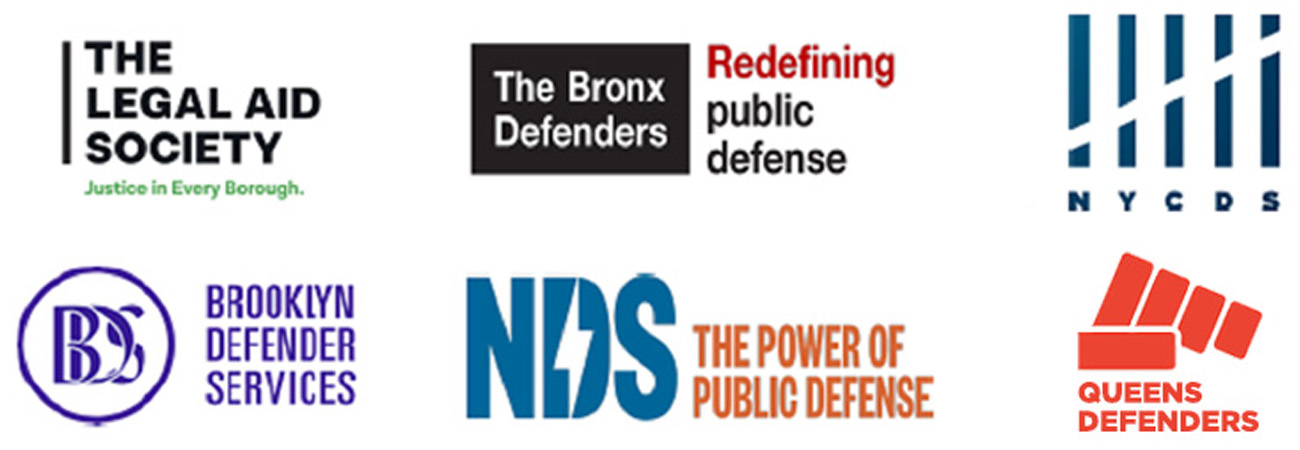
Queens Defenders Executive Director, Lori Zeno Joins the New York City Defenders in Conversation About the Criminalization of Mental Illness Presented by the Greenburger Center & John Jay College
On March 28th, as part of an ongoing webinar series speaking with justice involved organizations, The Greenburger Center & John Jay College presented New York City’s Defenders in Conversation about the Criminalization of Mental Illness. This panel of esteemed public defenders included Joyce Kendrick, Executive Director of Brooklyn Defender Services; Stan German, Executive Director of New York County Defender Services; Justine Olderman, Executive Director of The Bronx Defenders; and Lori Zeno Executive Director of Queens Defenders. The event was hosted by Karol Mason, the president of John Jay College of Criminal Justice and moderated by Cheryl Roberts Executive Director of the Greenburger Center.
Following introductions and an overview of how New York City Public Defender Organizations are different from their compatriots upstate, these experts took an overarching look at the status of how mentally impaired individuals are often under-treated and over-incarcerated. The conversation began with an explanation of how each of the different boroughs examine and handle mental health assessments.
Stan German of Manhattan-based New York County Defender Services, and Joyce Kendrick of Brooklyn Defenders explained the diametrically different approaches Manhattan and Brooklyn take during mental health assessments. Ms. Kendrick noted that Brooklyn Defenders has an arrangement with the DA to move mental health assessments along quickly to get their clients into treatment court with little re-traumatization. On the other side of the spectrum, Mr. German explained that Manhattan clients need to continuously explain their story to all parties involved, and potentially admit to their charge, before even entering treatment court.
Queens Defenders Executive Director, Lori Zeno added that, while Queens County is somewhere in between the process of Manhattan and Brooklyn, there need to be more structured assessment procedures added to the treatment court system that aren't dependent on what borough the client lives in. She also spoke about how the system is broken from beginning to end, with the community around individuals with mental illness failing them by actively trying to ignore those people instead of putting money into helping our community.
When speaking about the failings of mental health court itself, each Executive Director spoke on the urgent need for investment into infrastructure around mental health, particularly in residential services. Each Executive Director spoke about how the process of getting through mental health court is held up when there is a lack of a residential home to return to -- a matter of weeks when individuals have a family member or someone to live with but over six months when that living situation is not present. When individuals cannot get into treatments, they end up in jails, essentially trying to incarcerate our way out of a problem that requires treatment. Stan German then spoke about the Treatments Not Jails legislation, which tries to alleviate this issue by applying the standards given to substance abuse cases to all mental health cases.
The webinar ended with a discussion of bail reform, which will be decided on April 1st with the Governor's budget, and the dangerousness in giving more discretion to judges when deciding bail. Justine Olderman gave a passionate testimony about how liberally applying discriminatory risk assessment procedures when deciding bail will only lead to an exacerbation of the dire crisis in Riker’s Island; also adding that historically “dangerousness” has been equated with blackness, and the same happens with how we view individuals with mental illness.
Watch the full panel on The Greenburger Center YouTube page, here.
Queens Defenders Supports Important Domestic Violence Legislation Presented by NY State Assembly Member Khaleel Anderson
Queens Defenders' DOVE advocates, Marissa Bernowitz and Angelina Rosado joined NY State Assembly Member Khaleel Anderson to support the Purple Alert Law and the Destini Smothers Law on Thursday, March 24th. This important legislative briefing was supported by multiple organizations dedicated to advocating for Domestic Violence victims, including Returning Hope, Ladies of Lavender, Vanguard Medicine, and Queens Defenders. All of these organizations were brought together due to the tragic story of Destini Smothers, and the failures in the system that led to her death.
The briefing was intended to educate state elected officials on the urgency of providing proper support for domestic violence and abuse victims, survivors, and their loved ones. To emphasize this, Assembly Member Anderson had two separate panels present important views on the impact of domestic violence. This started with a panel of Impacted Advocates including Angelina Rosado, Founder of Returning Hope and DOVE Advocate for Queens Defenders, and Shavona Warmington, Ladies of Lavender, who had a passionate discussion about being a domestic violence survivor and the failings of a broken system.
Following the emotional conversation in the Impacted Advocates Panel, Marissa Bernowitz of Queens Defenders and Christina Blackburn from Vanguard Medicine began to speak about the issue from an “expert” viewpoint. Both panelists are also dedicated advocates who are themselves survivors of domestic violence. Christina Blackburn comes from the medical side of these cases, demonstrating how we can change our procedures to limit the traumatization of victims by starting in the doctors office. Marissa Bernowitz, Executive Administrator and DOVE Program Coordinator at Queens Defenders, explained the community impact of domestic violence. As a life long member of the Rockaway community, she gave voice to Destini Smothers' story and how it resembles many domestic violence cases across the country.
Queens Defenders is very proud to support impactful legislation that will make a difference in the communities we serve. Individuals can support this legislation and find more information on the NY State Senate Website: information on the Purple Alert Law can be found here and more information on Destini Smother’s Law can be found here.
Marissa Bernowitz’s full comments from the briefing:
"Good morning and thank you for including us in this briefing. My name is Marissa Bernowitz, Executive Administrator and the DOVE (Domestic and Other Violence) Program Coordinator at Queens Defenders – a nonprofit legal services organization providing high-quality indigent criminal defense representation in Queens County since 1996. I am also a survivor and witness of multiple versions of domestic violence throughout my life -- psychical, emotional, and others. To everyone here and watching today: know you are not alone. I am not alone either.
In 2017, Queens Defenders established our DOVE program which provides an array of crucial services to address domestic violence throughout the borough of Queens – from emergency assistance to public education campaigns. Our program is made up of peer advocates and professionals to address, educate, empower, and provide support to those affected by domestic and intimate partner violence. Personally, as a longtime peer advocate for domestic violence survivors and victims alike, and now through my work at Queens Defenders, we are proud to support the Purple Alert Systems Law and the Destini Smothers Law brought forward today.
I spent a good portion of my young adult life living in the same neighborhoods and buildings Destini Smothers grew up in -- Edgemere, Far Rockaway. Destini was the same age as my younger siblings when she went missing. Destini and I may not have grown up together but the ties to our community bind us.
And our lived experiences and the impact domestic and intimate partner violence has had on our lives echo one another’s stories. While my story has led me to deliver this testimony today, the same cannot be said for Destini and others like her whose lives were abruptly and violently cut short by domestic violence, and a system that failed to protect her.
Destini’s story is one that needs to be told, heard, and in this case pave the path to establishing laws that can save the lives of people having gone through something like her, like me, and like and countless others.
For any person who goes “missing,” and especially when there is domestic violence involved, law enforcement agencies must be required to collaborate, and provide real support to families and loved ones reporting missing persons, and activate an alert system that gets the attention, resources, and dedication it deserves.
Domestic Violence cases are frequently misunderstood, and typically unreported, causing agencies to either do double work or to work without all the facts and information. This causes large aspects of the cases to be missed. These miscommunications happen more in Black and brown communities, where we consistently see biases lead to victims and their families being unheard, unbelieved, and ignored. I am left wondering if Destini would be here today if we had better systems in place address these serious gaps.
Through Queens Defenders’ outreach programs in Far Rockaway and Southeast Queens we see, and actively work to address, the rampant inequality in the level of resources given to communities of color.
We need strong, targeted laws in place to protect individuals impacted by domestic violence – especially women of color whose stories are often ignored by our society and media or buried in the back pages. Destini’s story should have been front and center, but few even know her name. We are calling on you all to change that today. To honor Destini and the countless individuals whose stories led to the same tragic end.
With laws in place to cover all missing persons affected by domestic violence, this may not happen again. In Destini’s case, her family advocated to every agency imaginable that she was a victim of ongoing domestic and intimate partner violence; she was not just a missing young lady.
She was a missing mother, daughter, and woman of color who was abused for years. Her family’s worry that the history of violence indicated that she may have been seriously harmed was disregarded, dismissed, and not taken seriously when first reported to law enforcement.
Their concerns were greatly minimized when they were not allowed to file a missing person report until eight days after she went missing.
There were no law in place that required law enforcement to even take a report, let alone collaborate across one state!
This vital law is aimed at preventing this from happening to someone else.
We are hopeful that the issues seen in Destini’s case will be addressed in the Purple Alert Systems Law and the Destini Smothers Law. Community work and activism can only do so much when working against ineffective systems that are not up to date with what is currently known about how to address criminal cases of domestic violence.
I urge you to support the Purple Alert Systems Law and the Destini Smothers Law, as these important pieces of legislation are critical first steps in addressing domestic violence and keeping those in our community safe.
Thank you for your time and consideration of these two important pieces of legislation."
